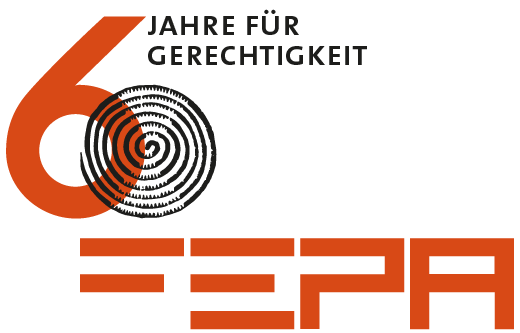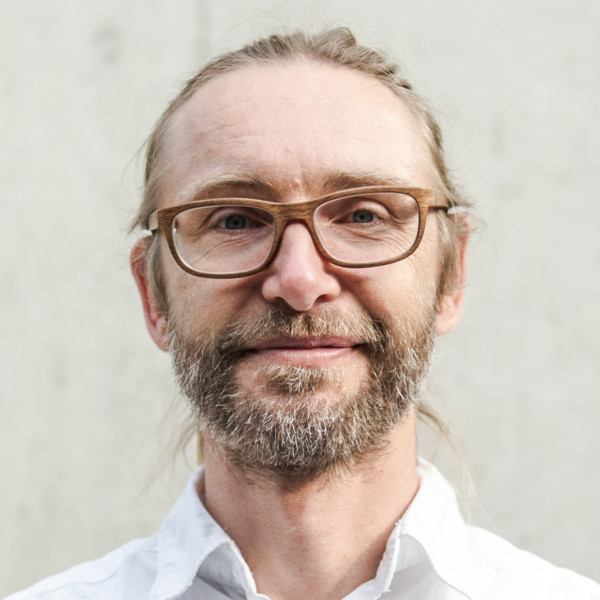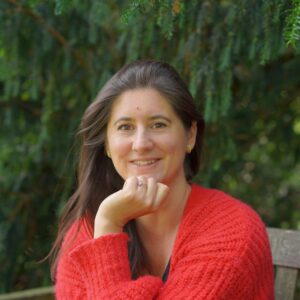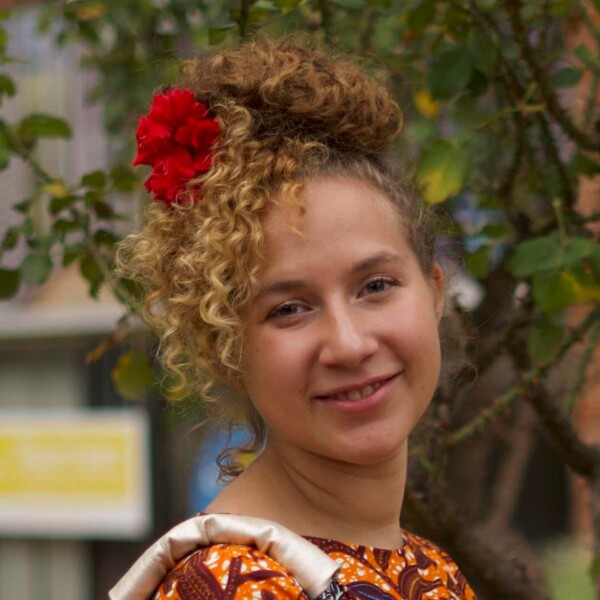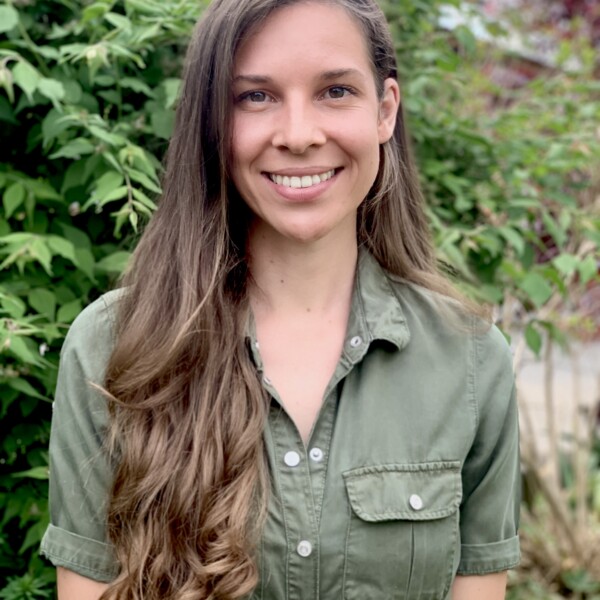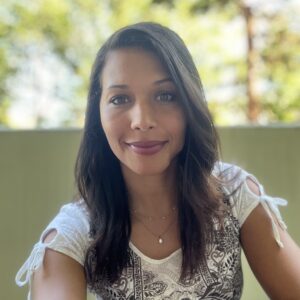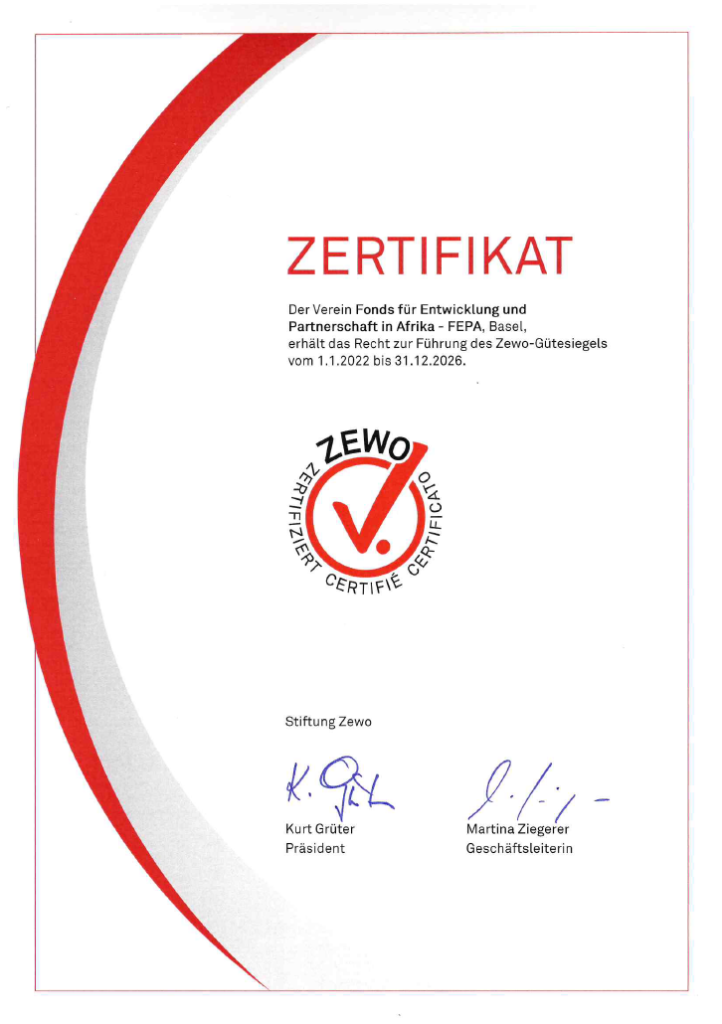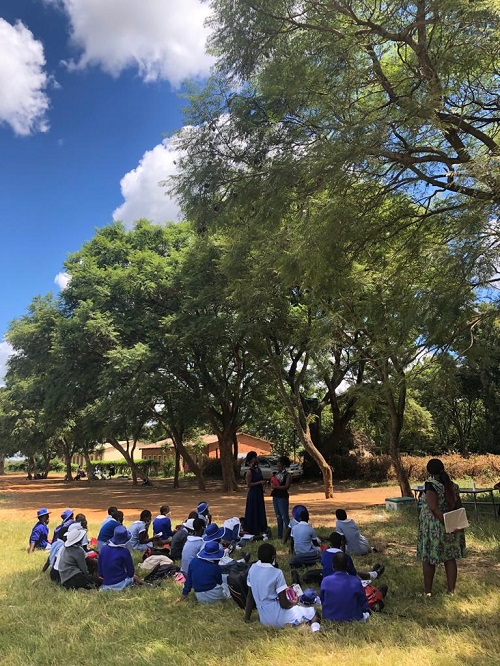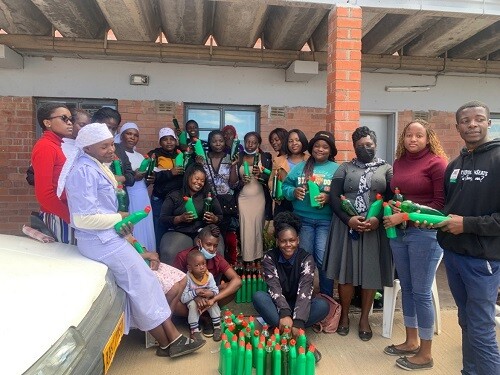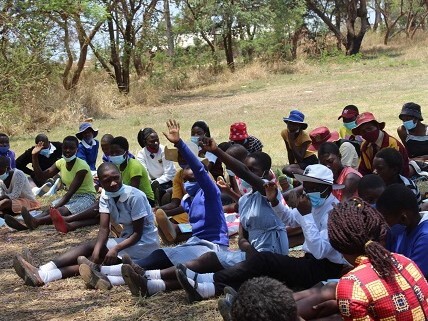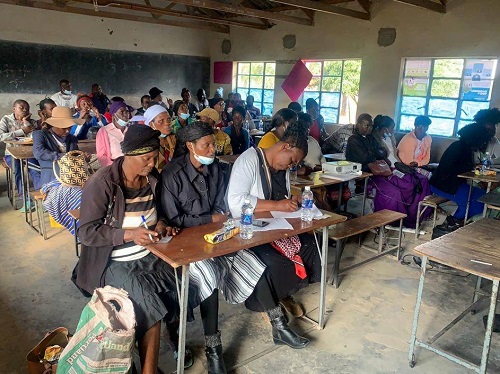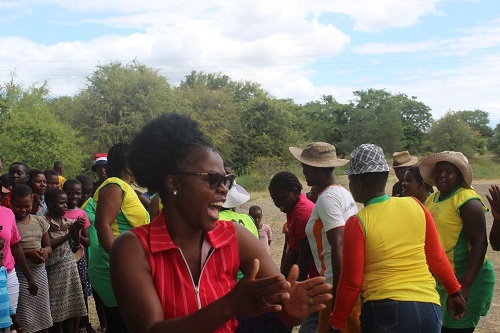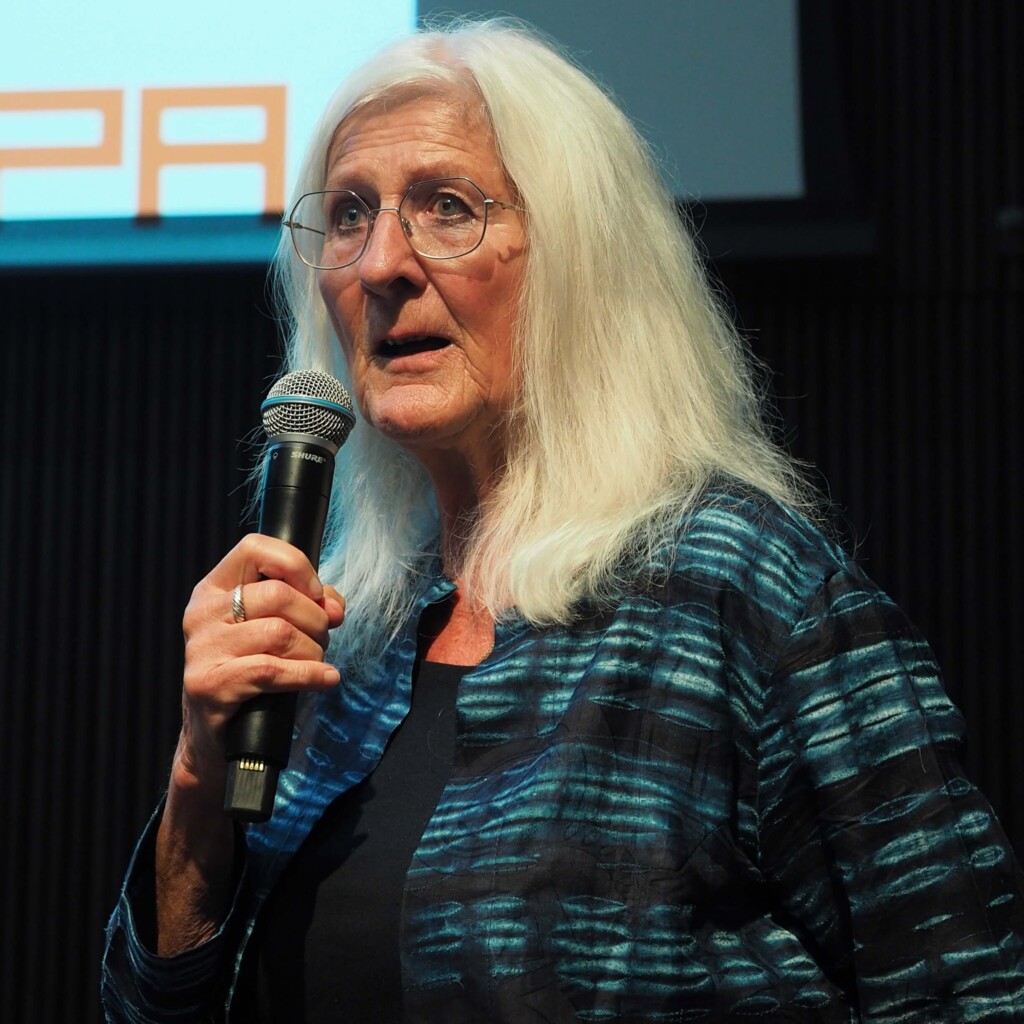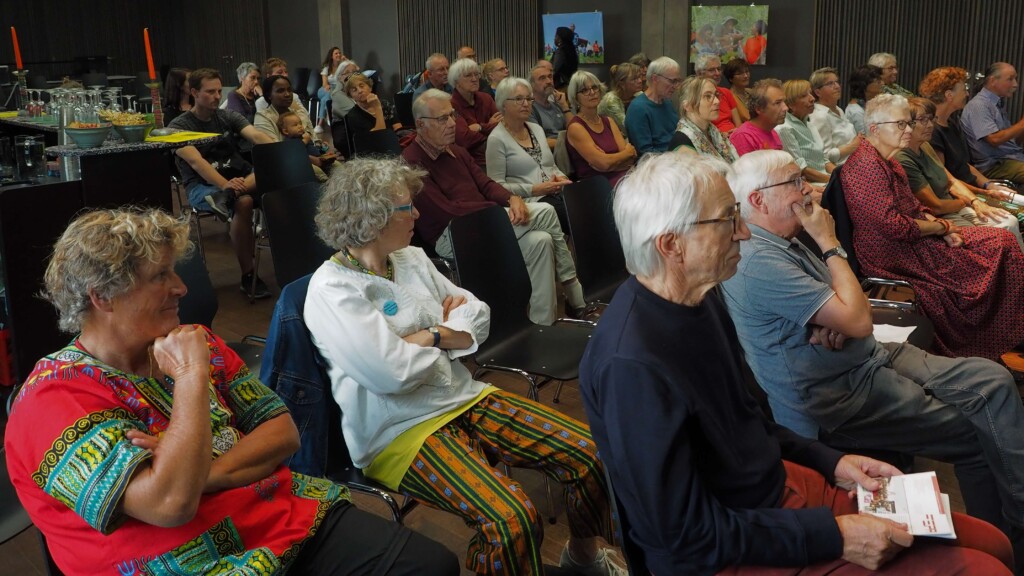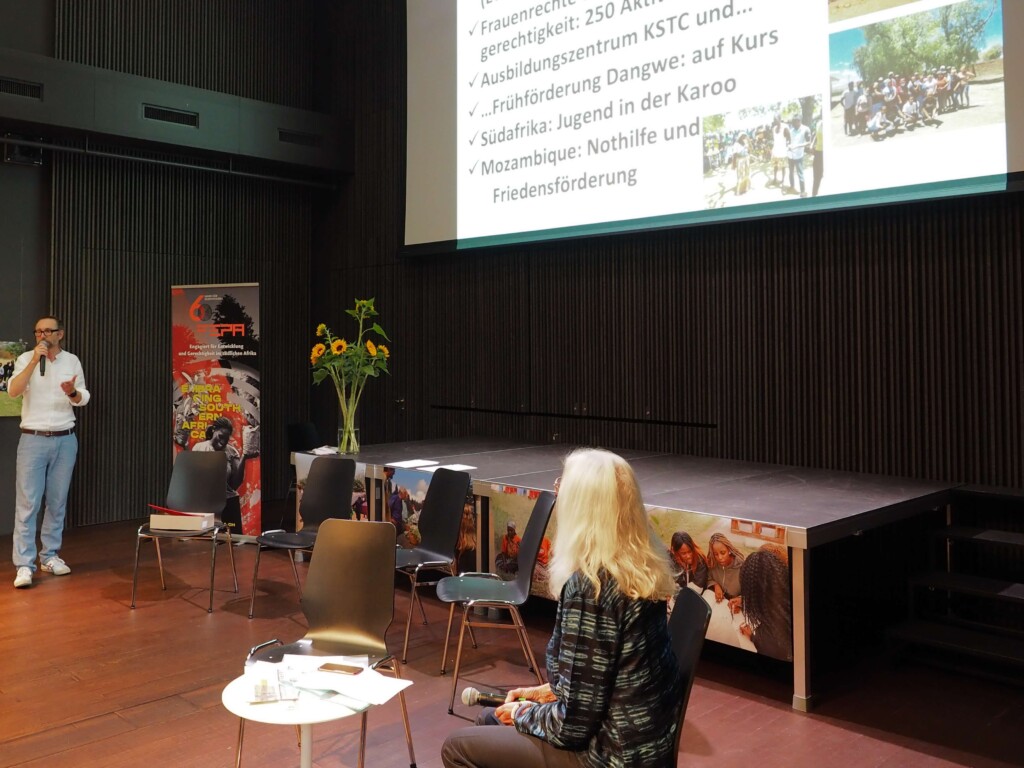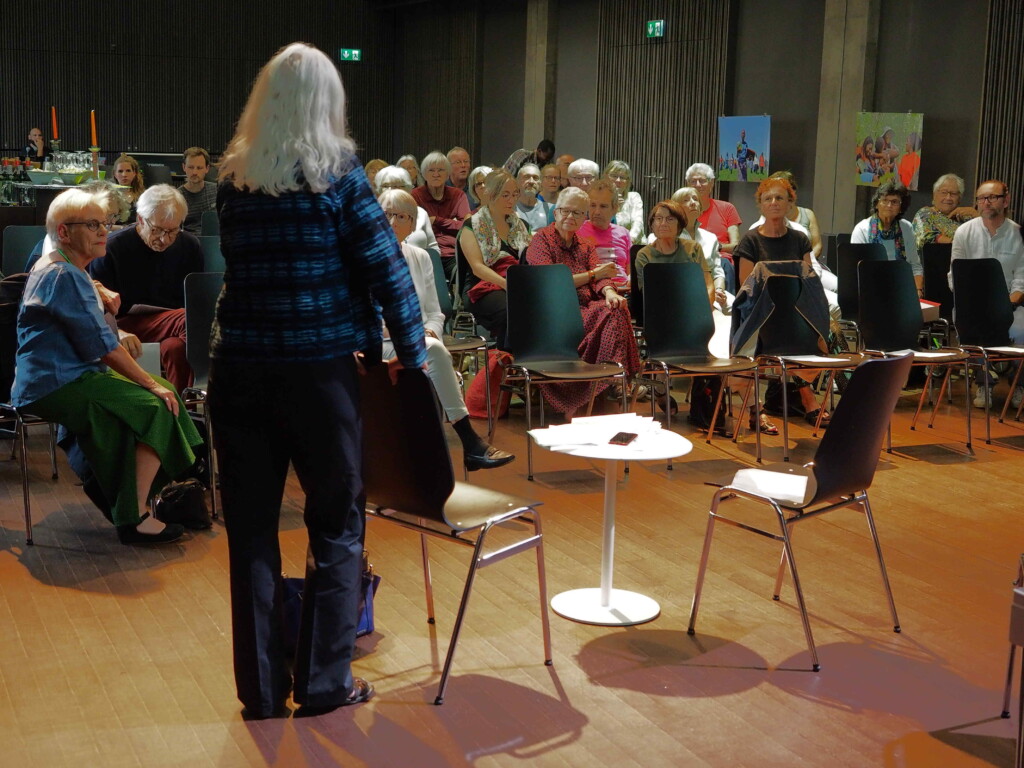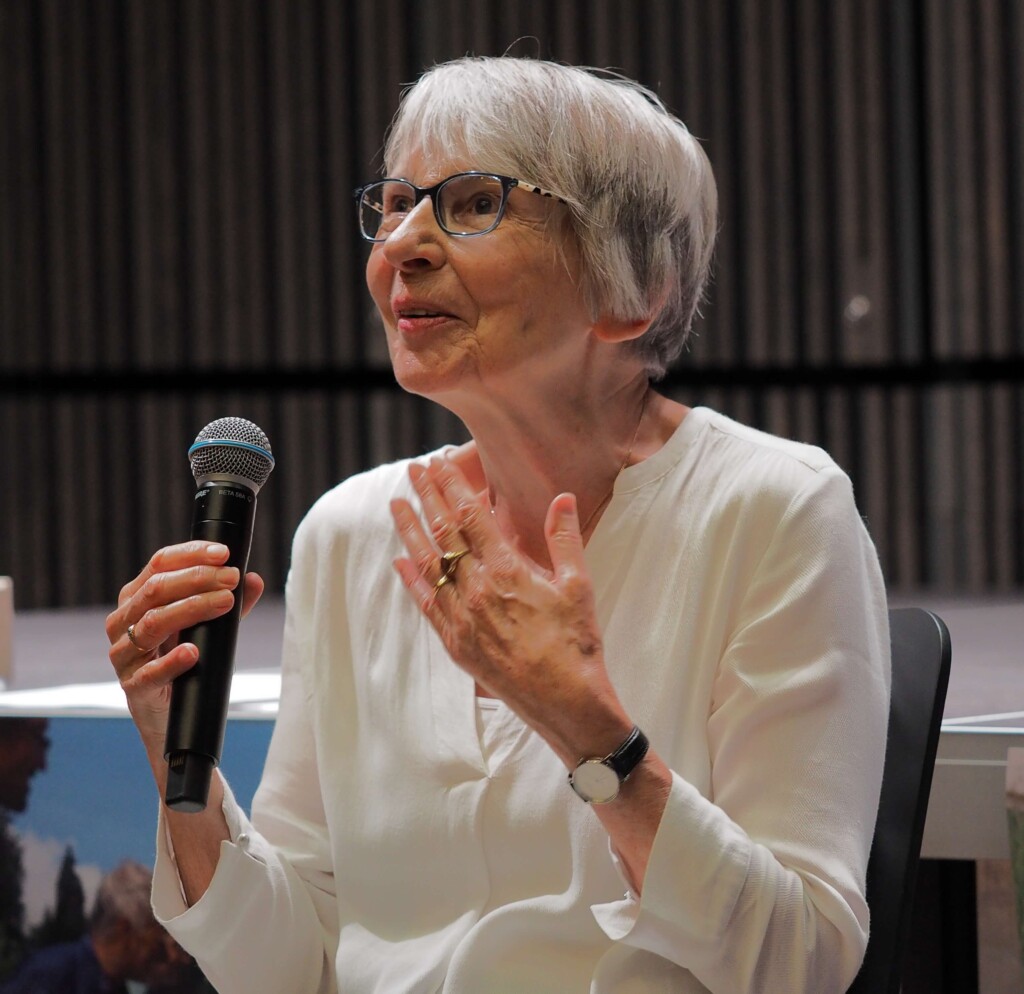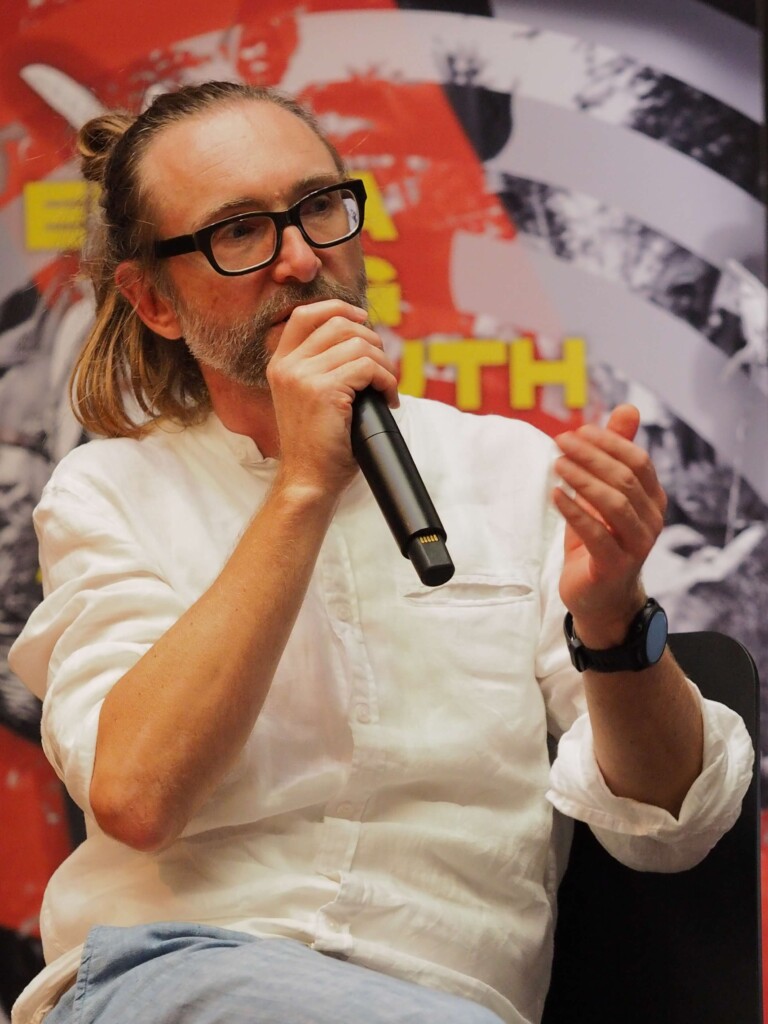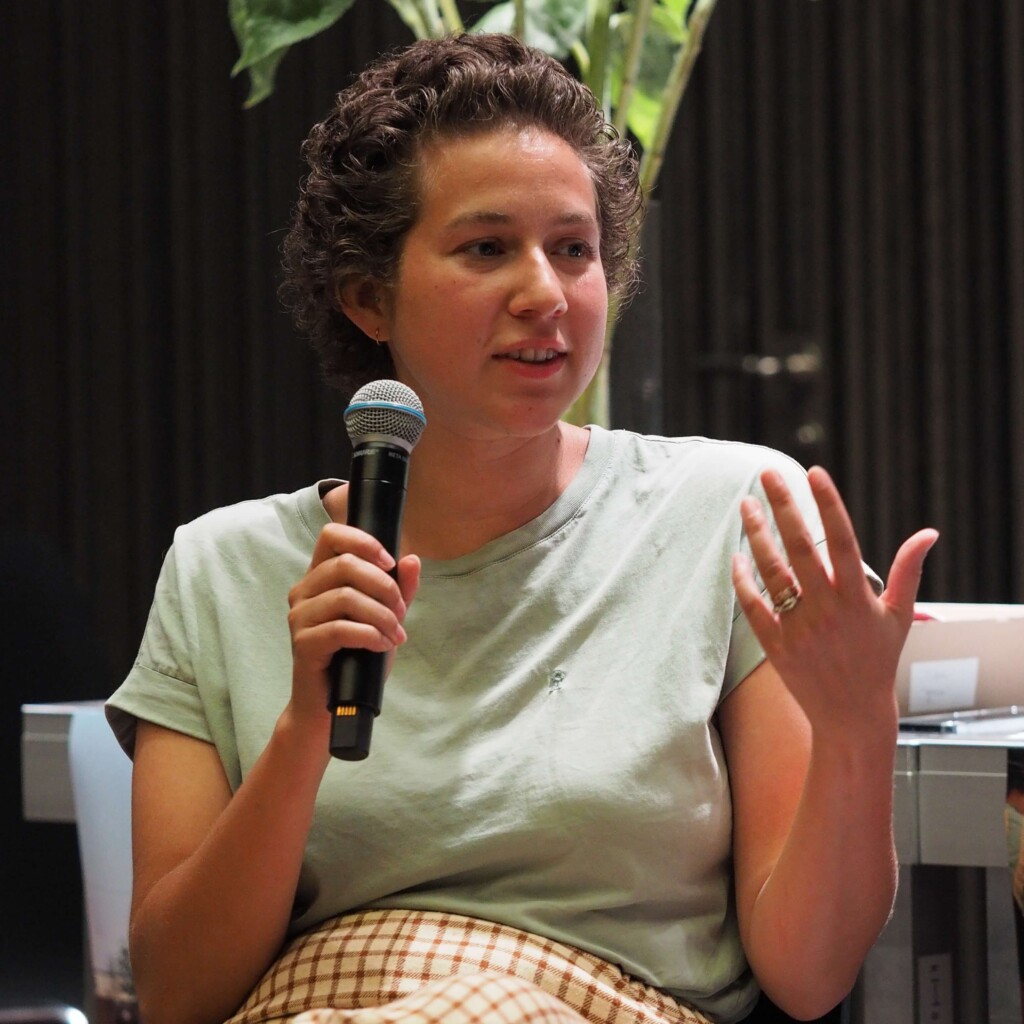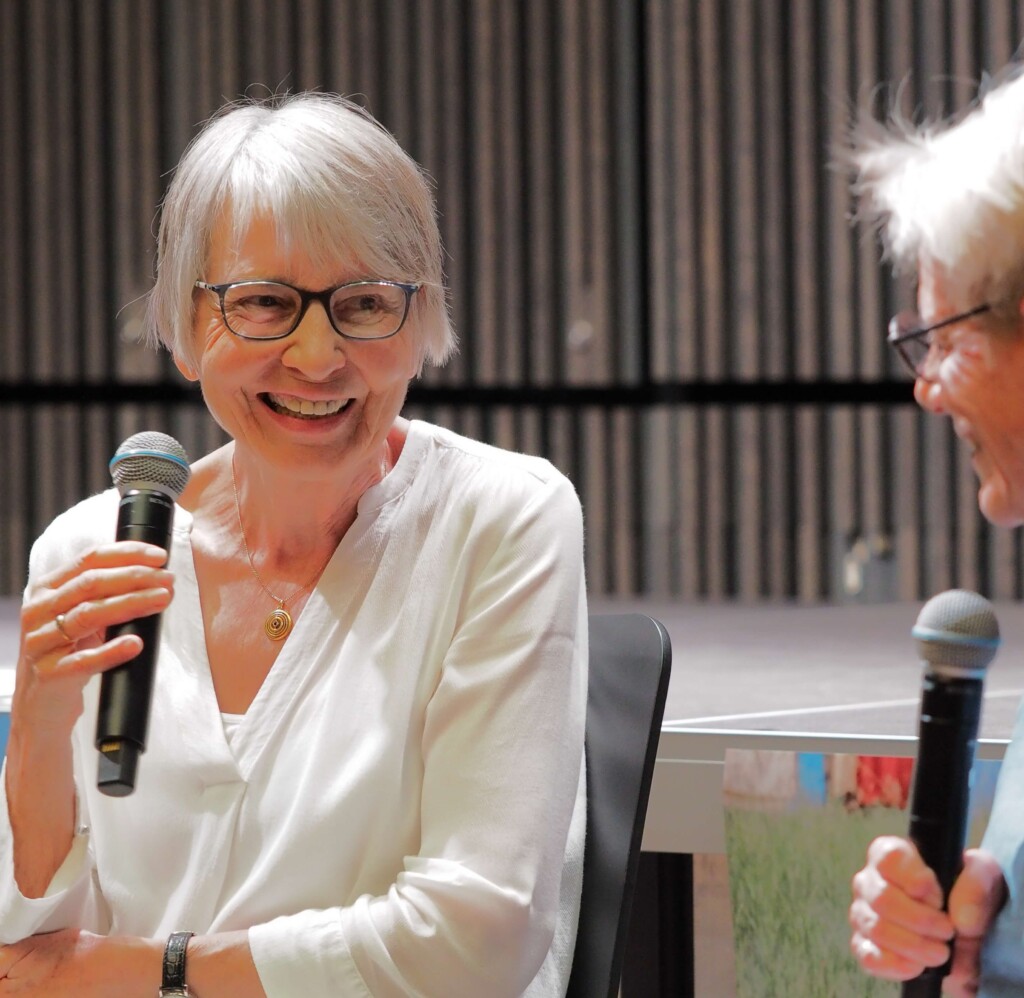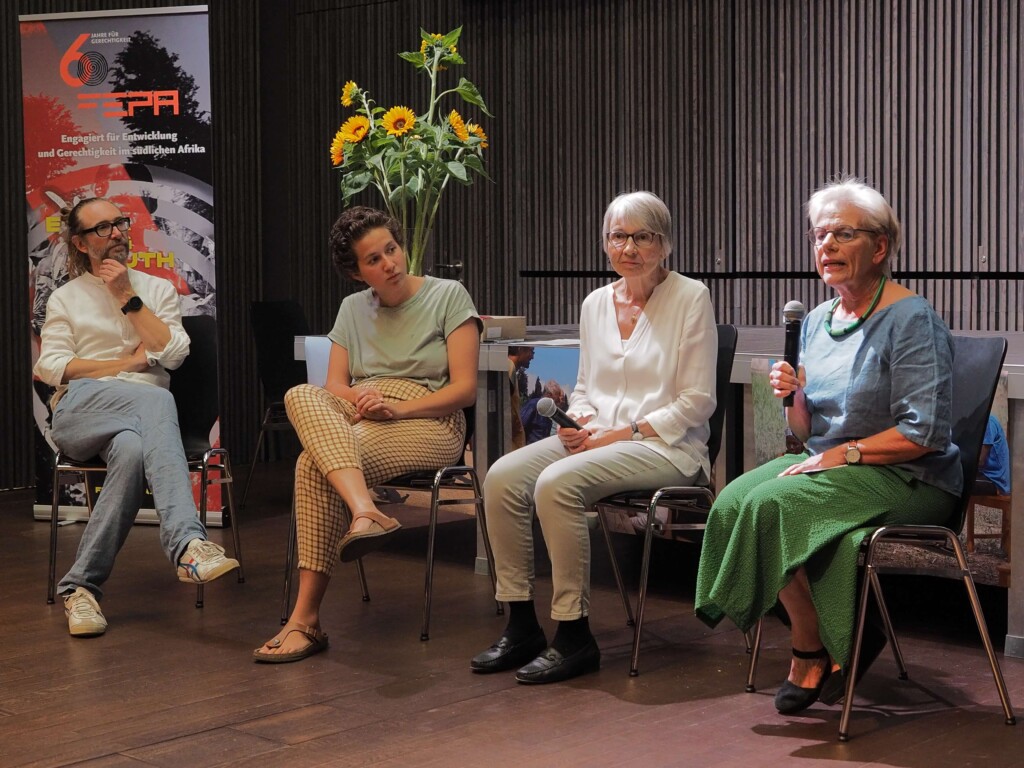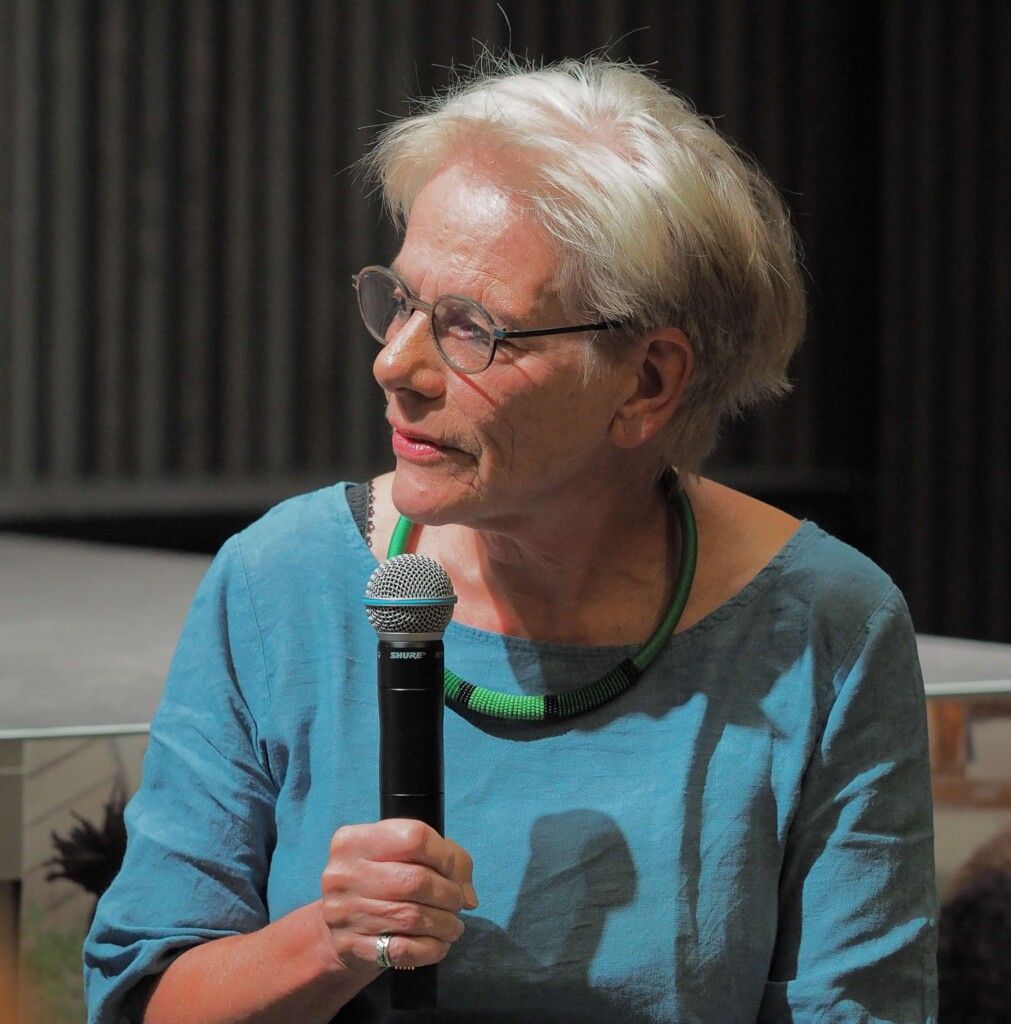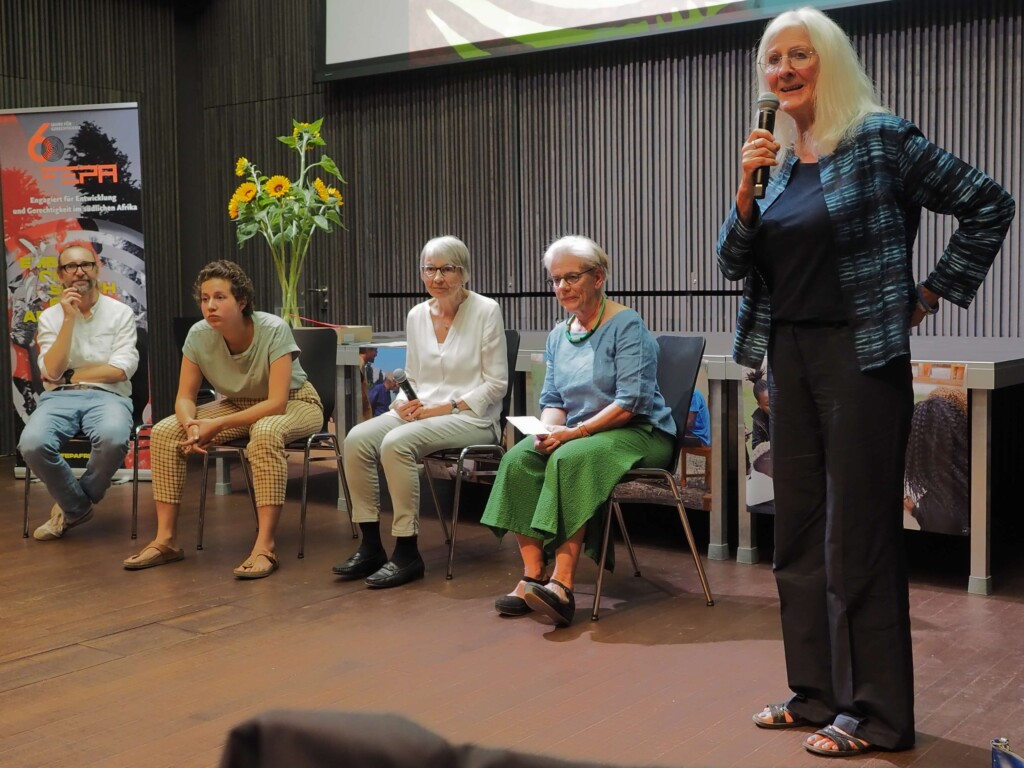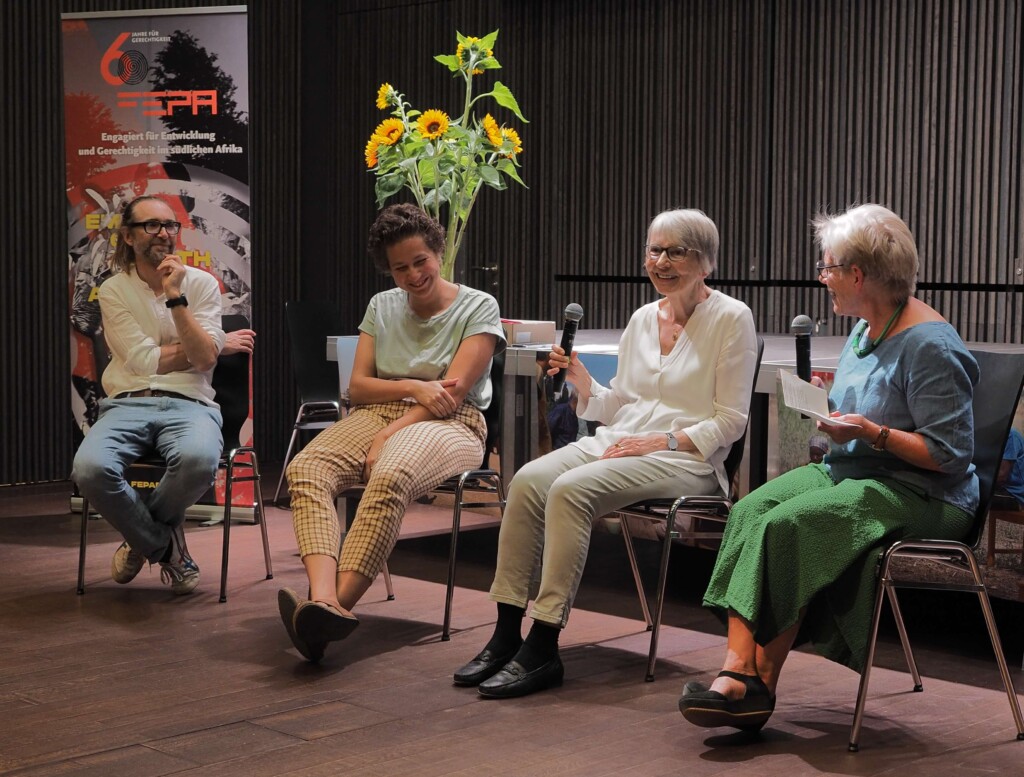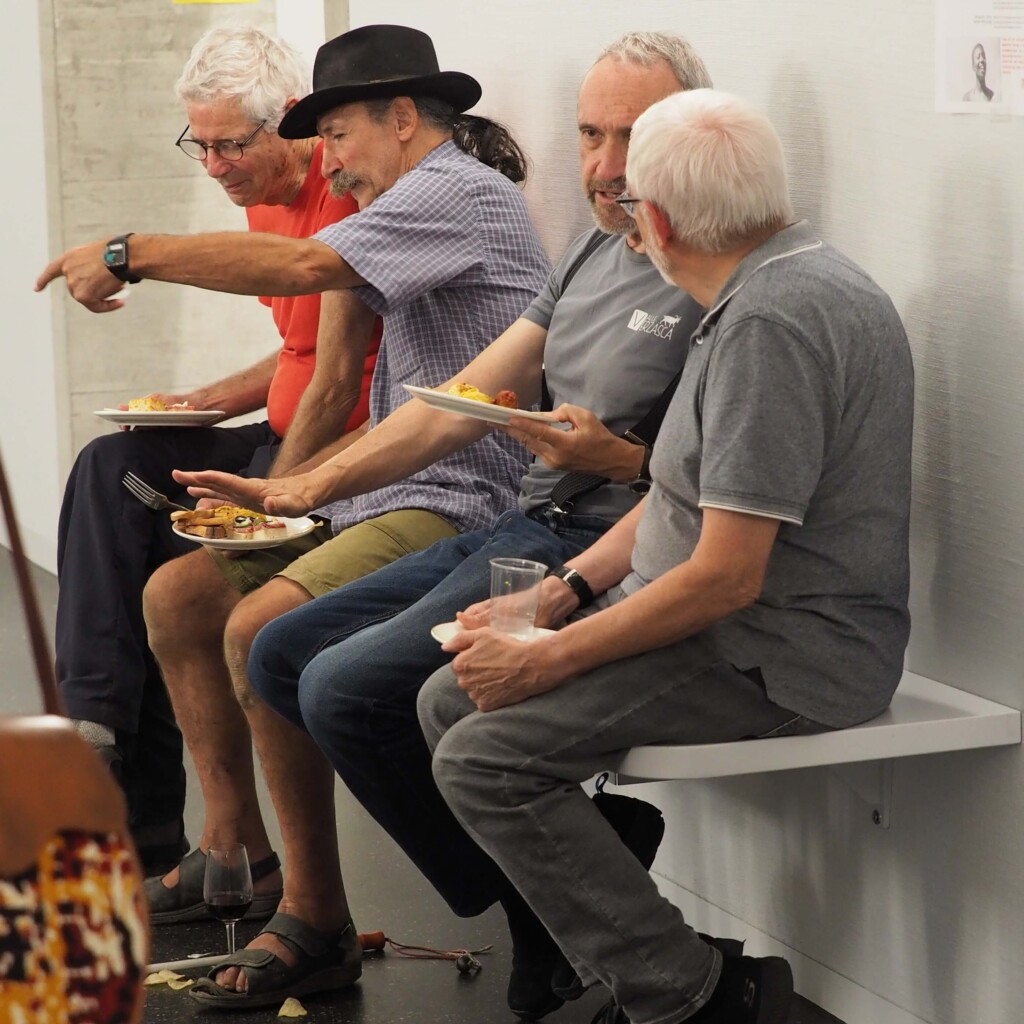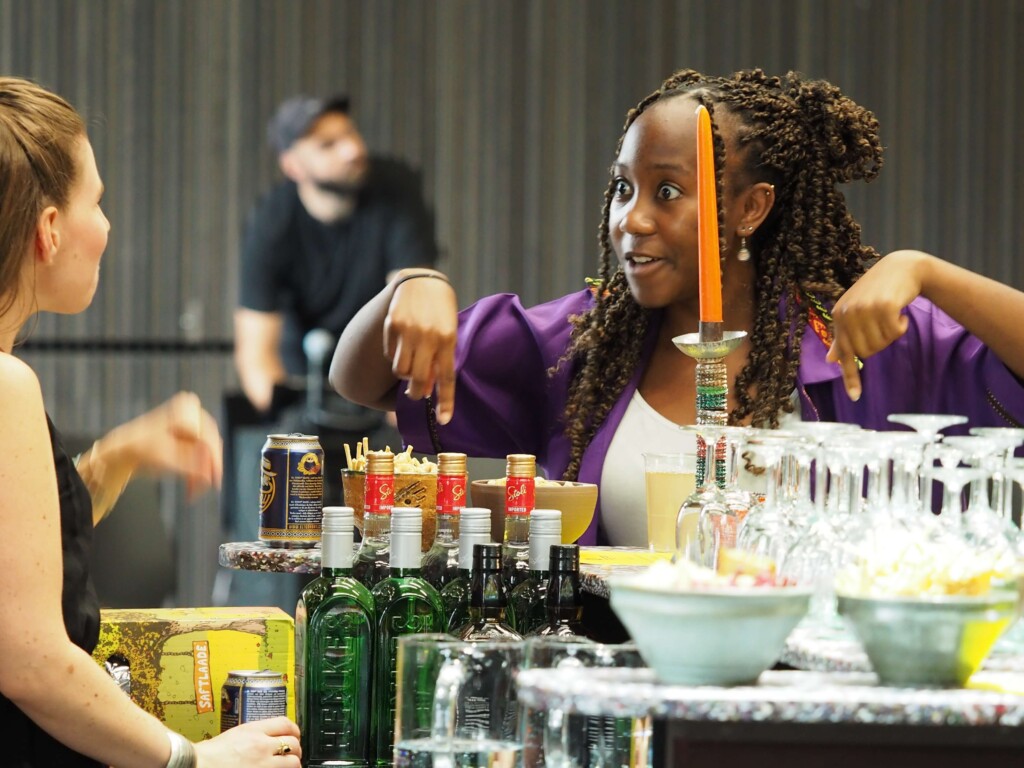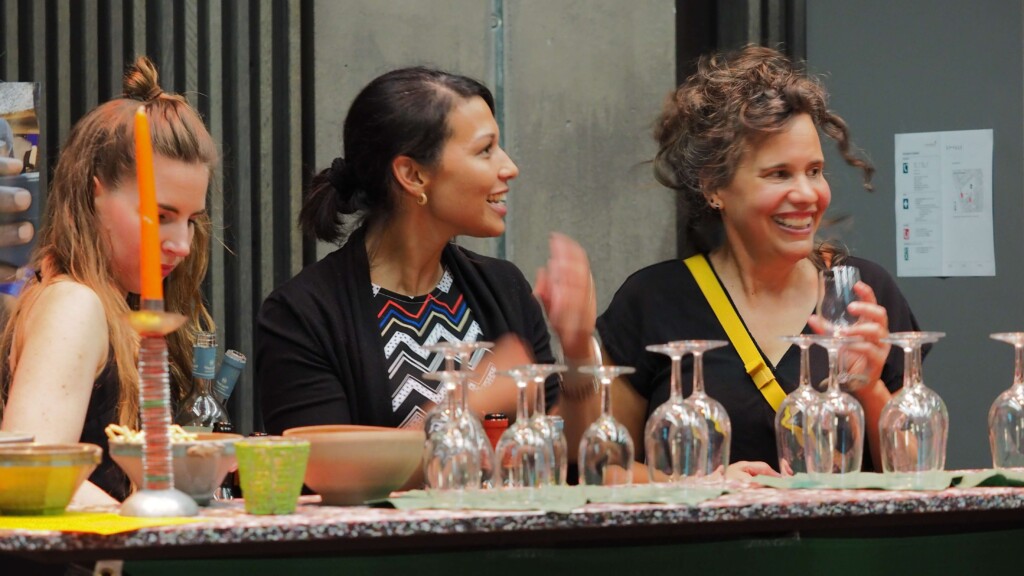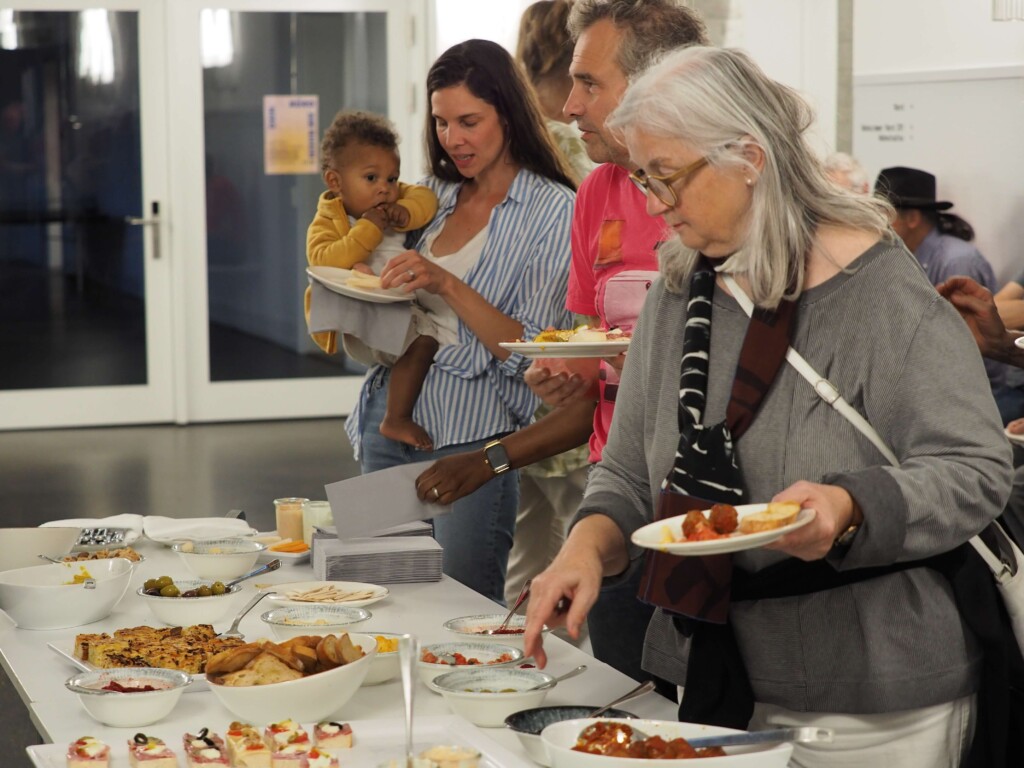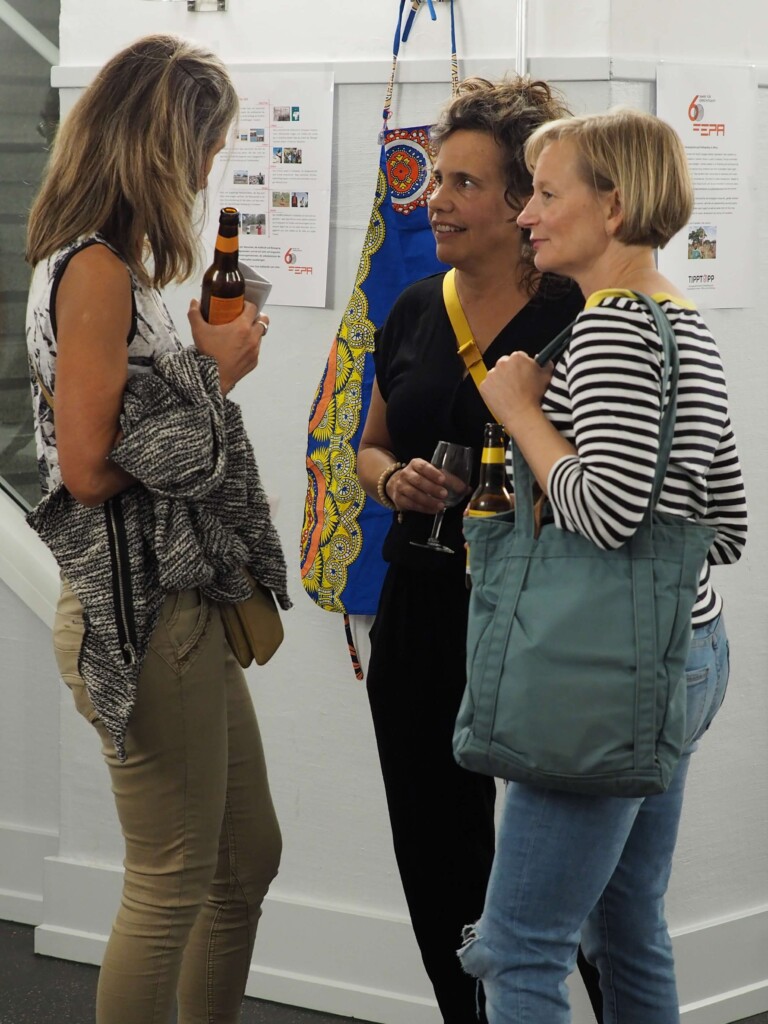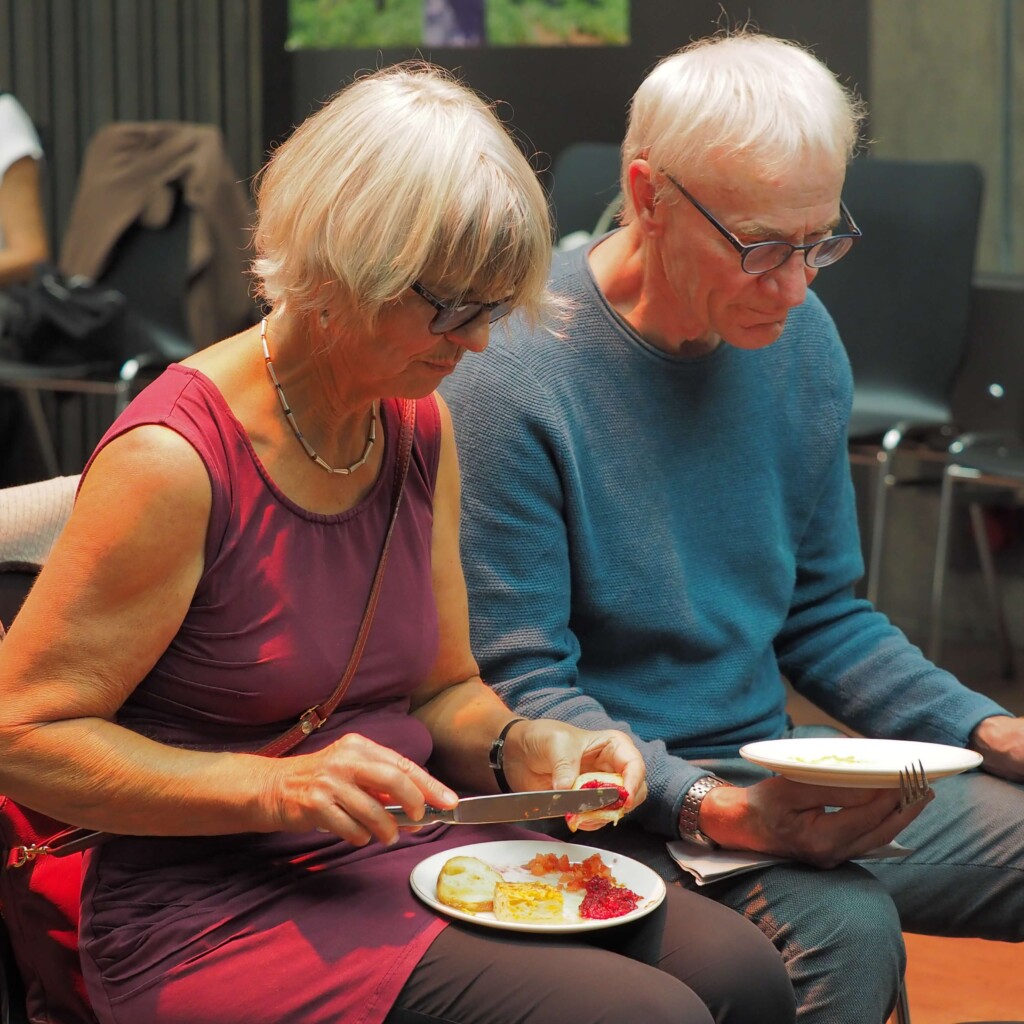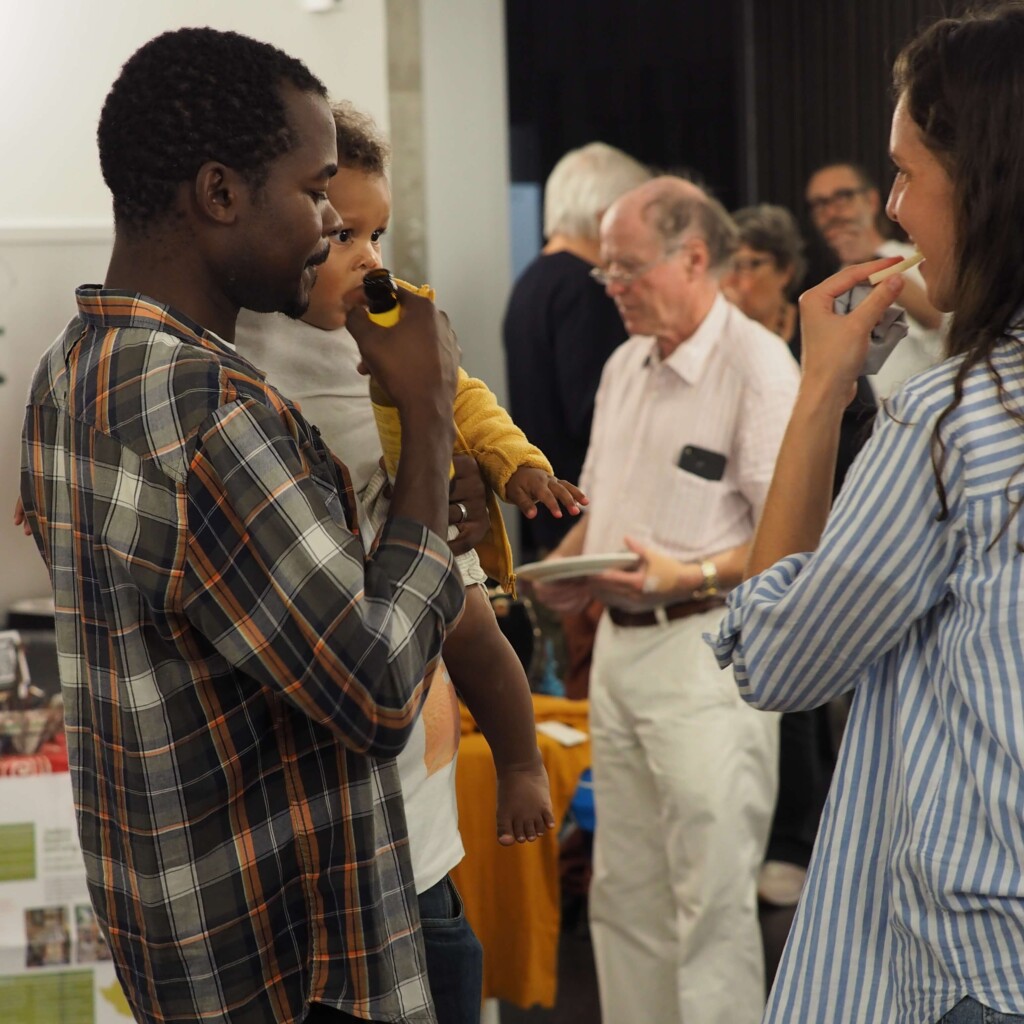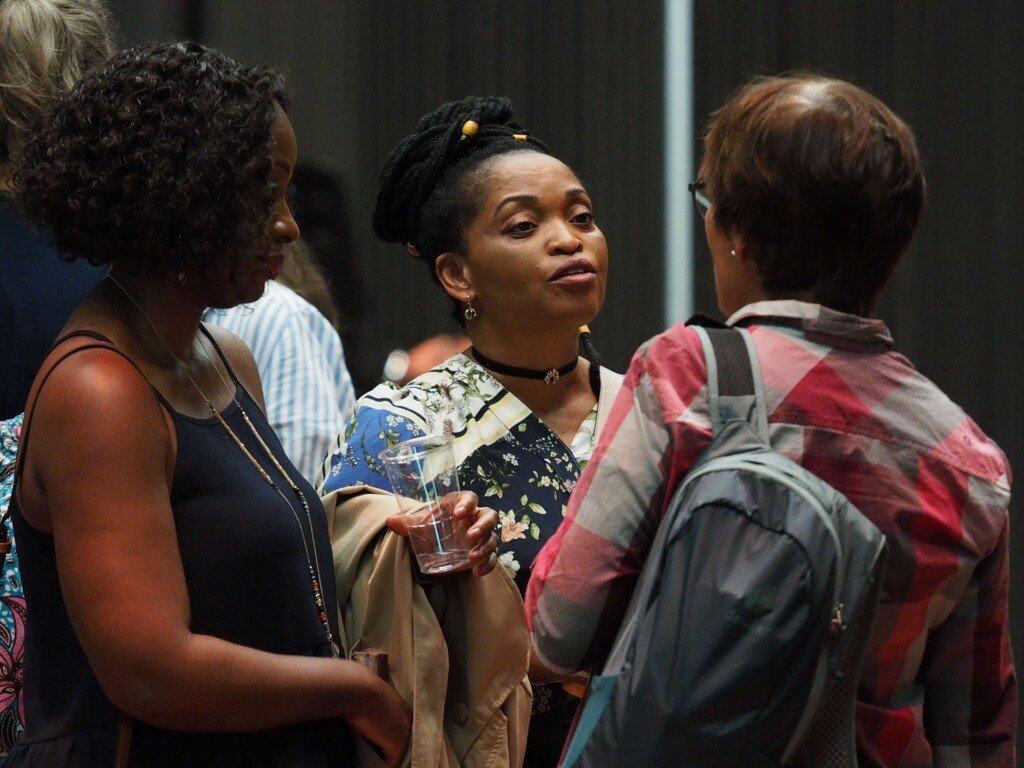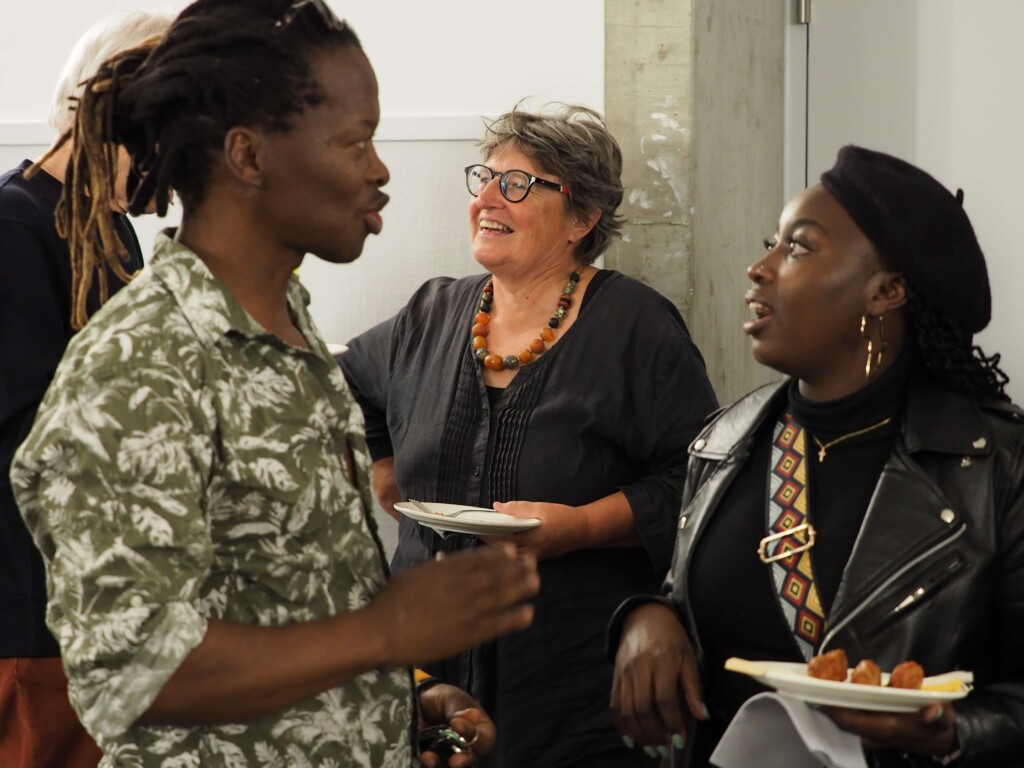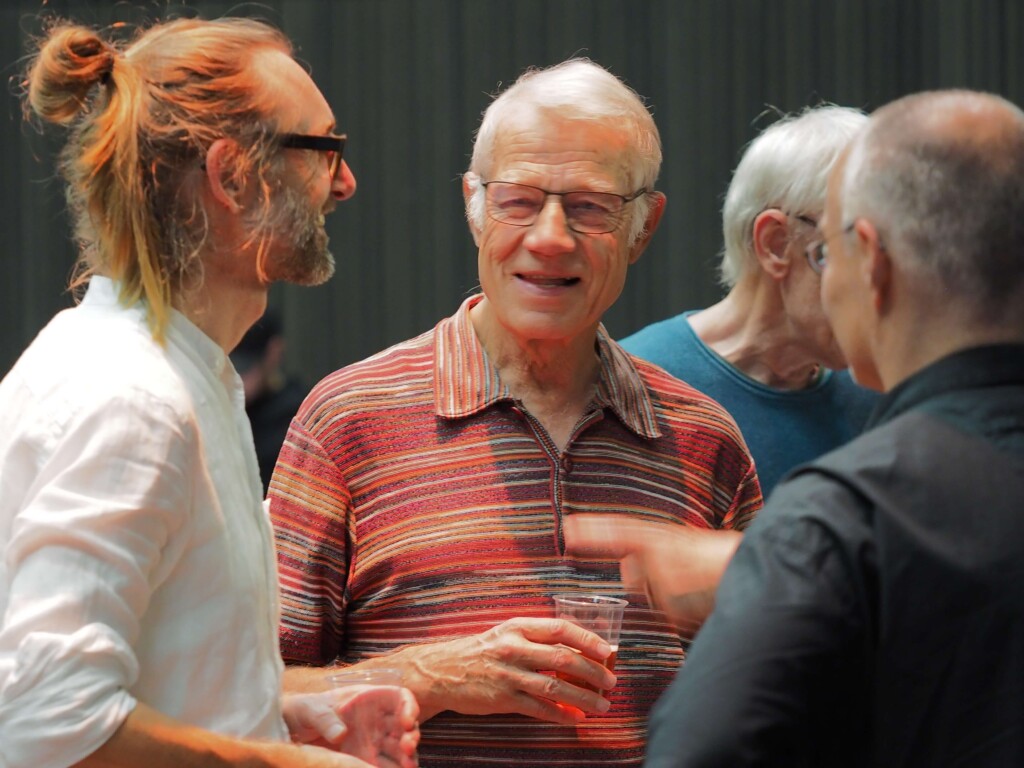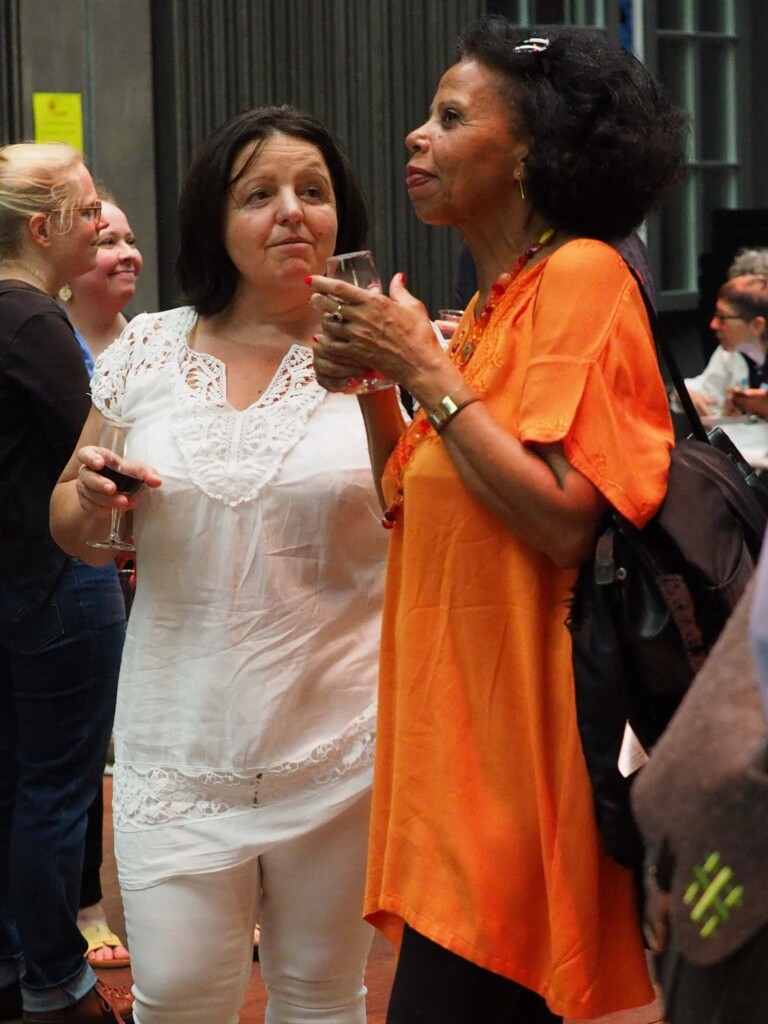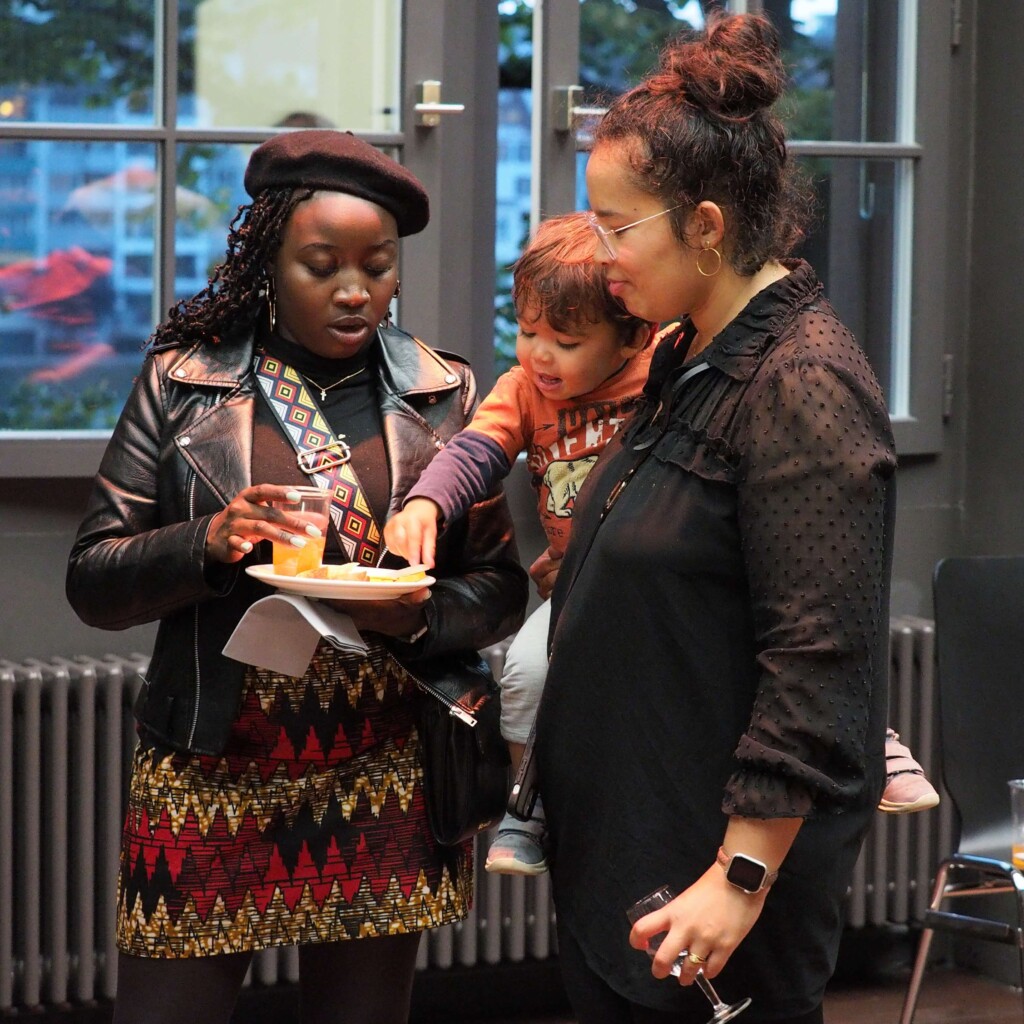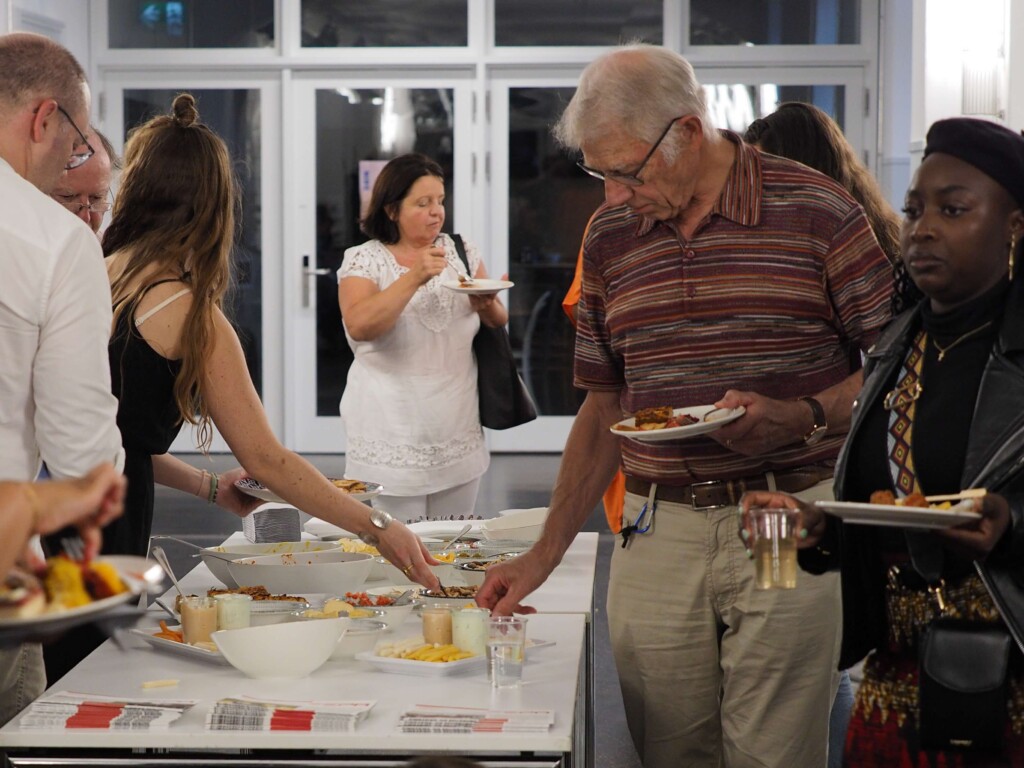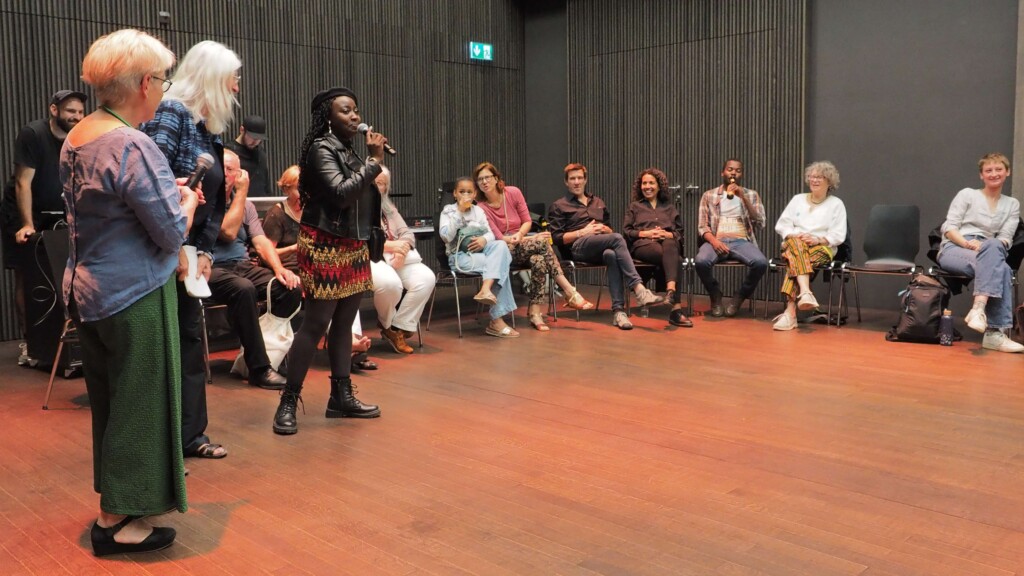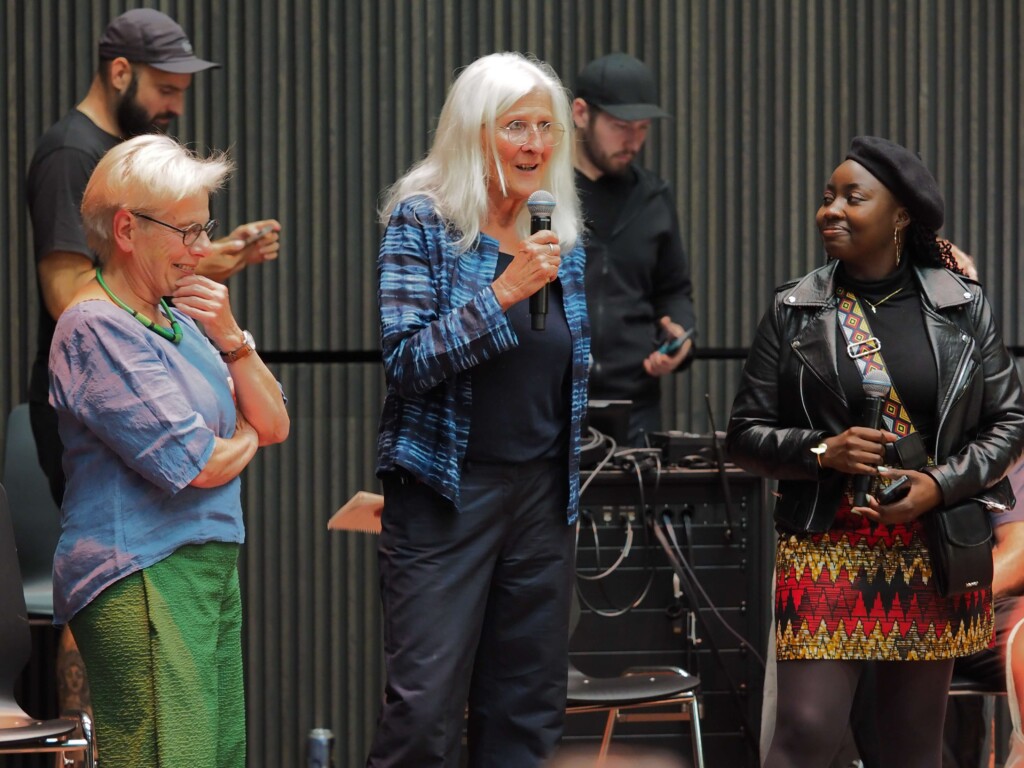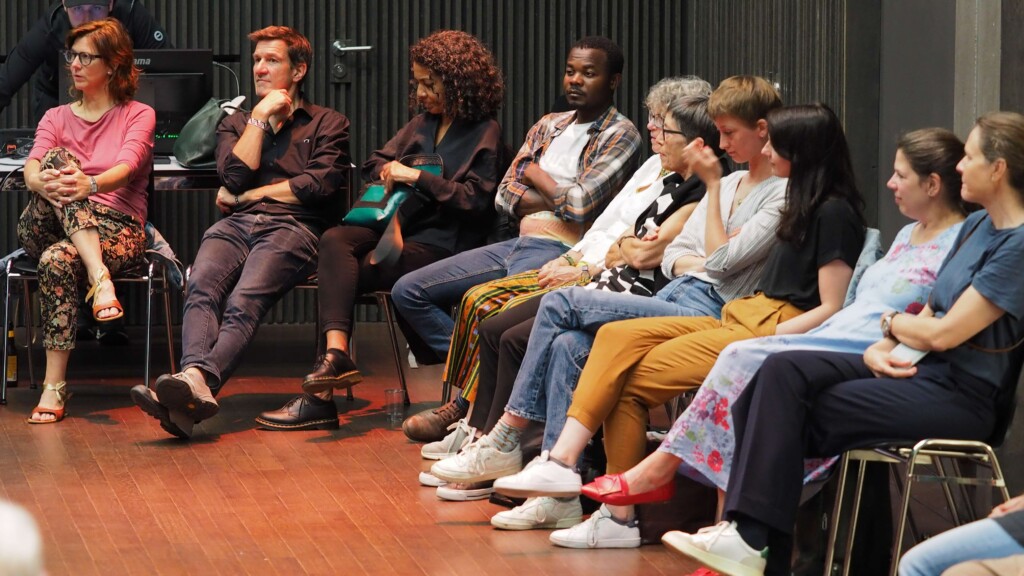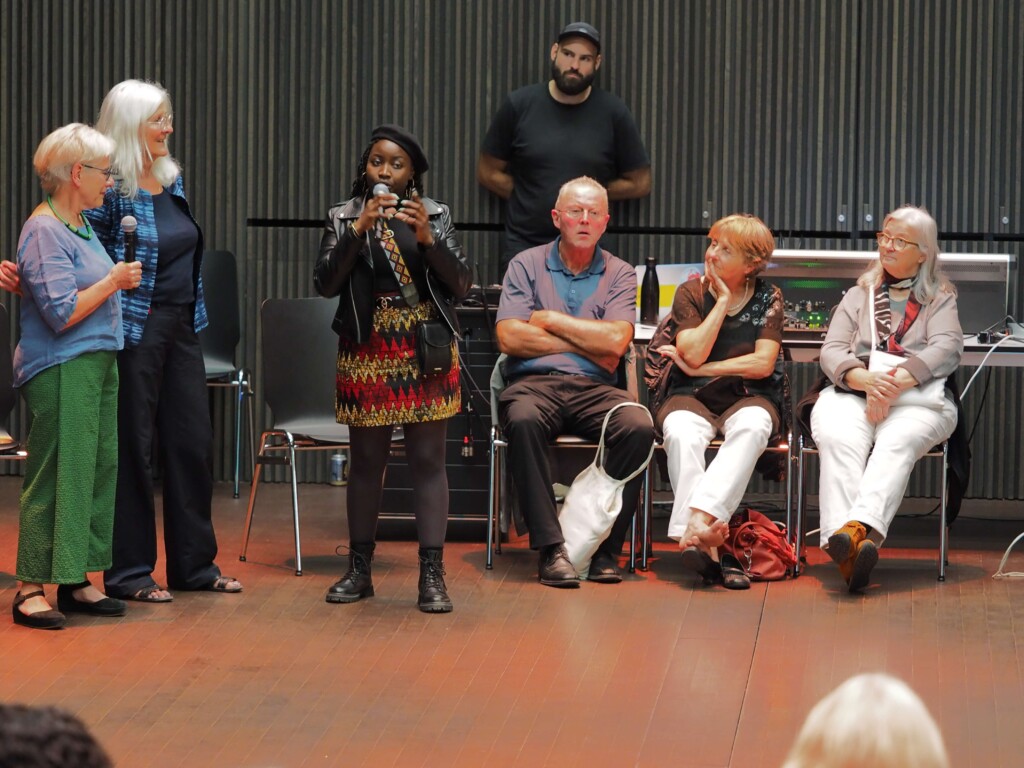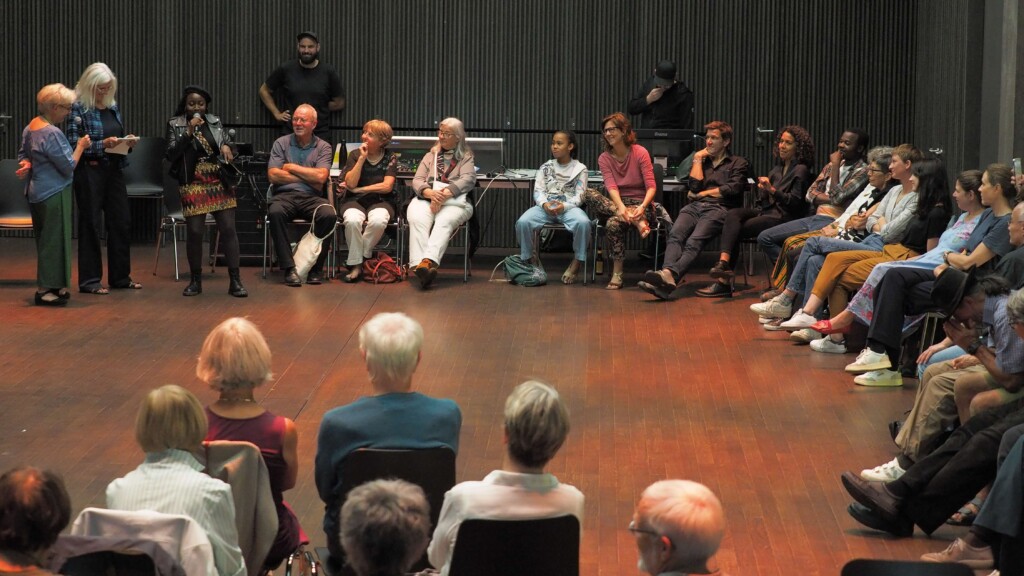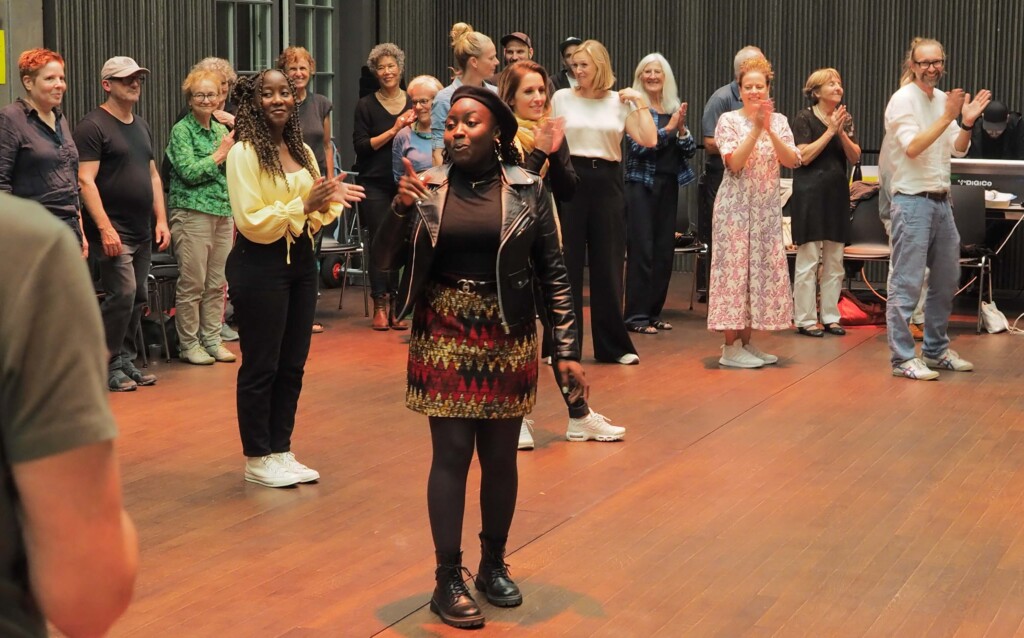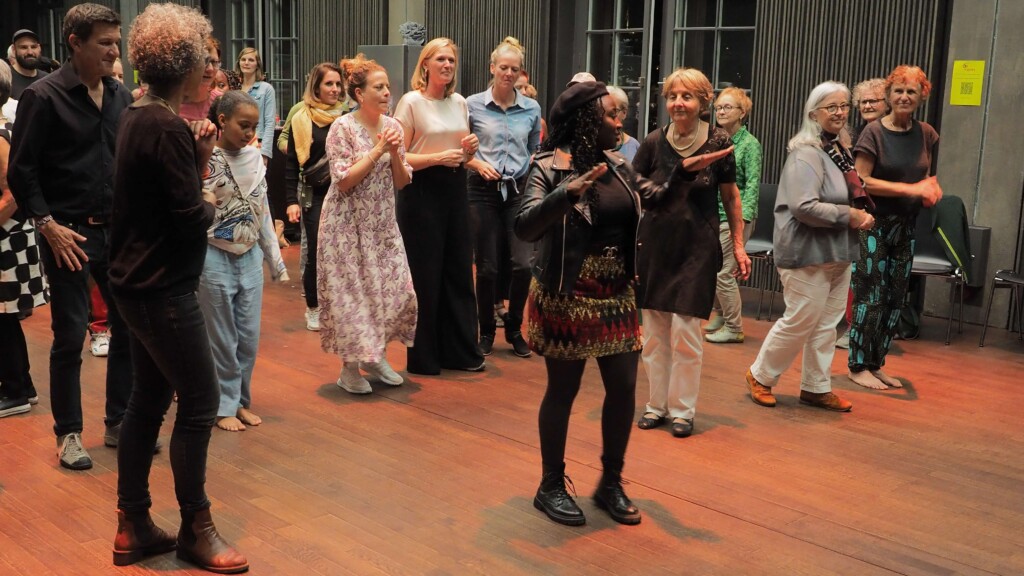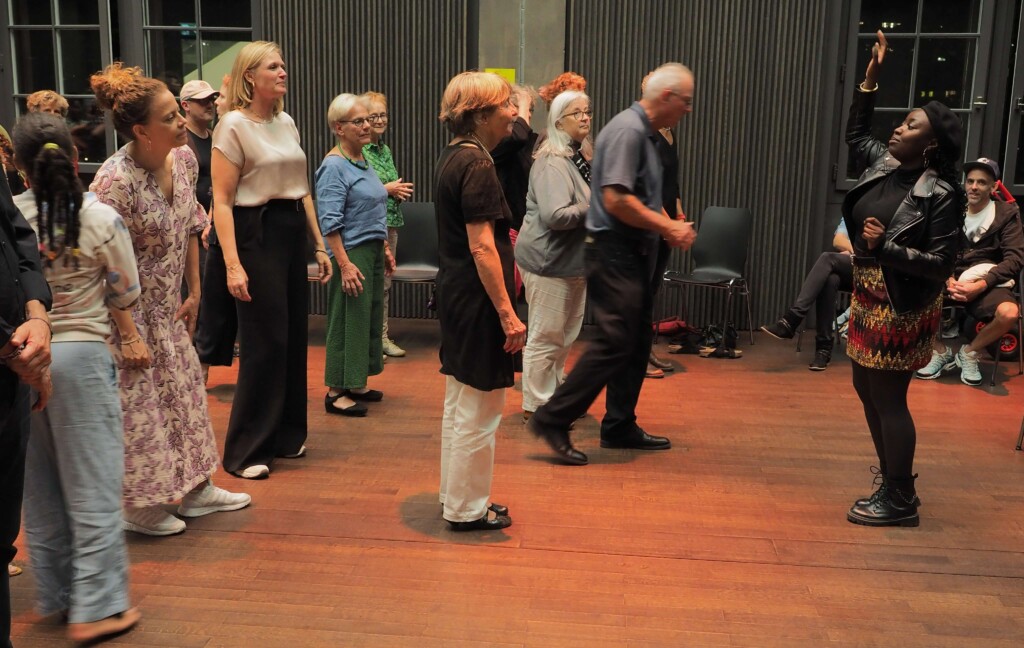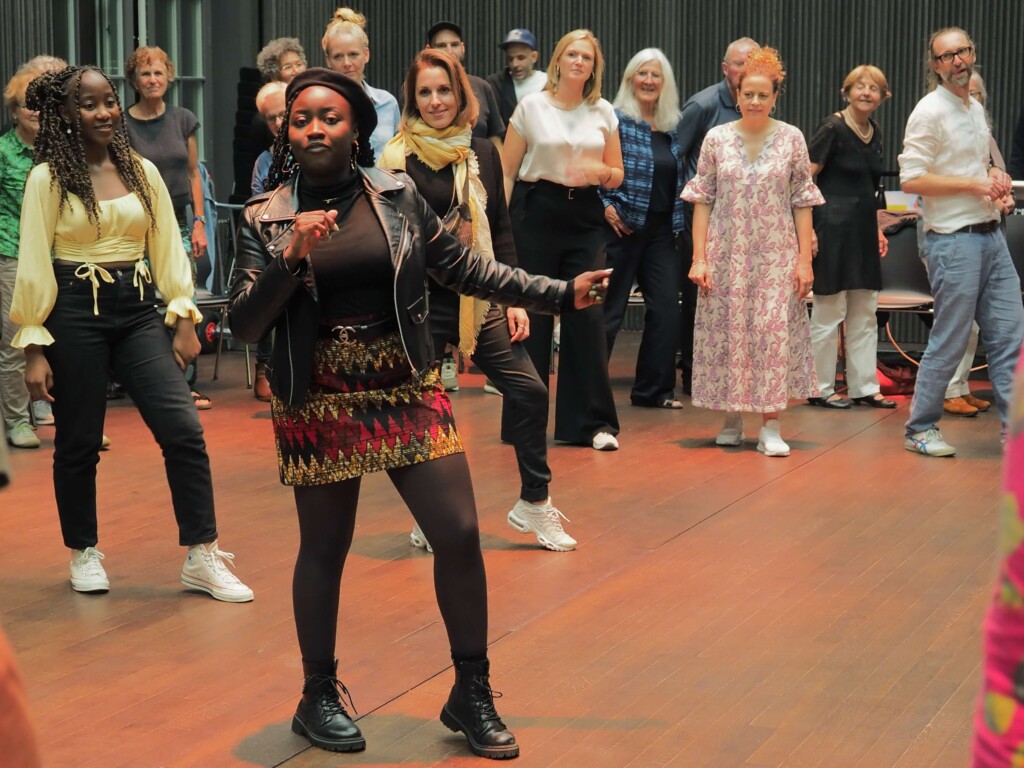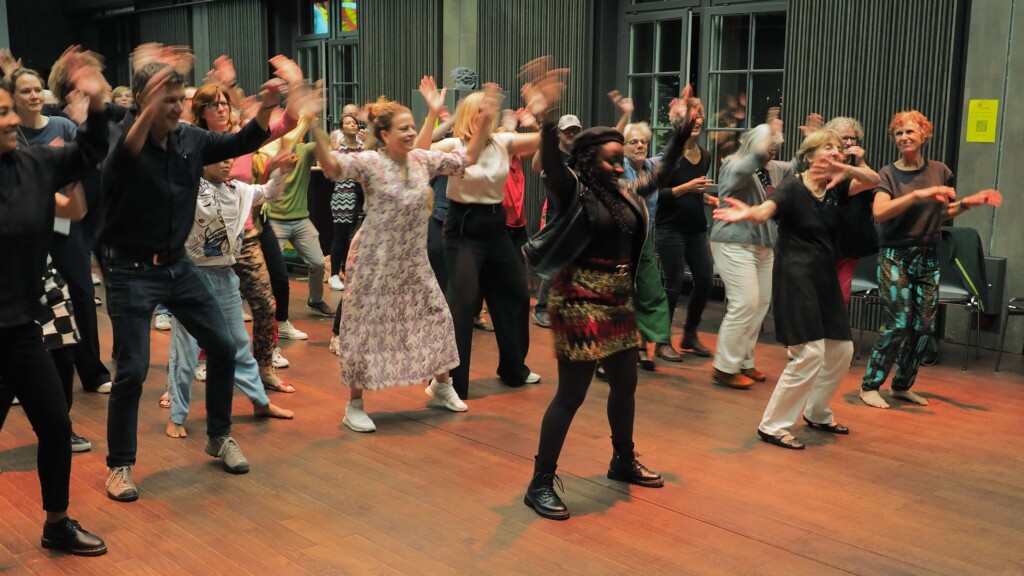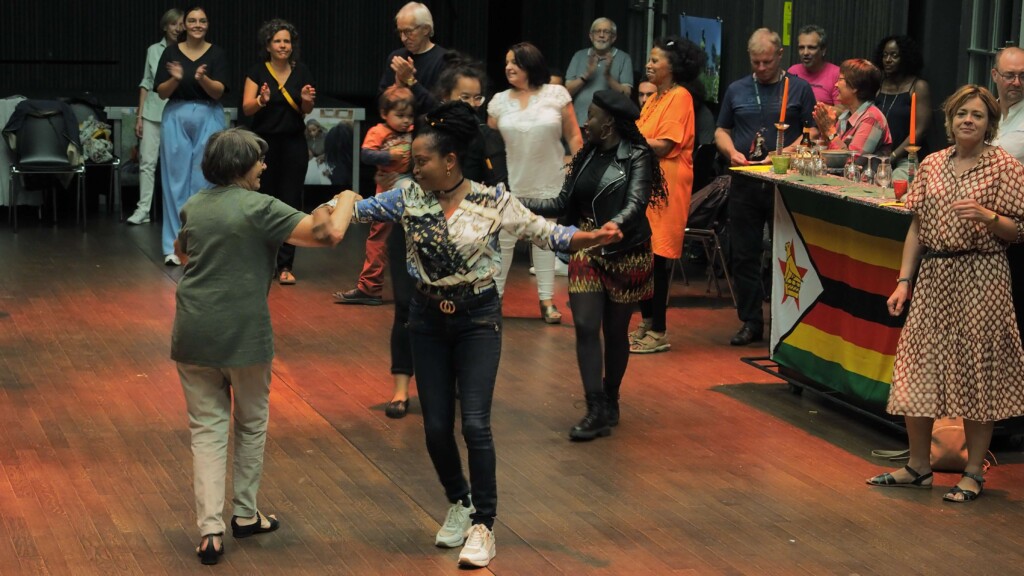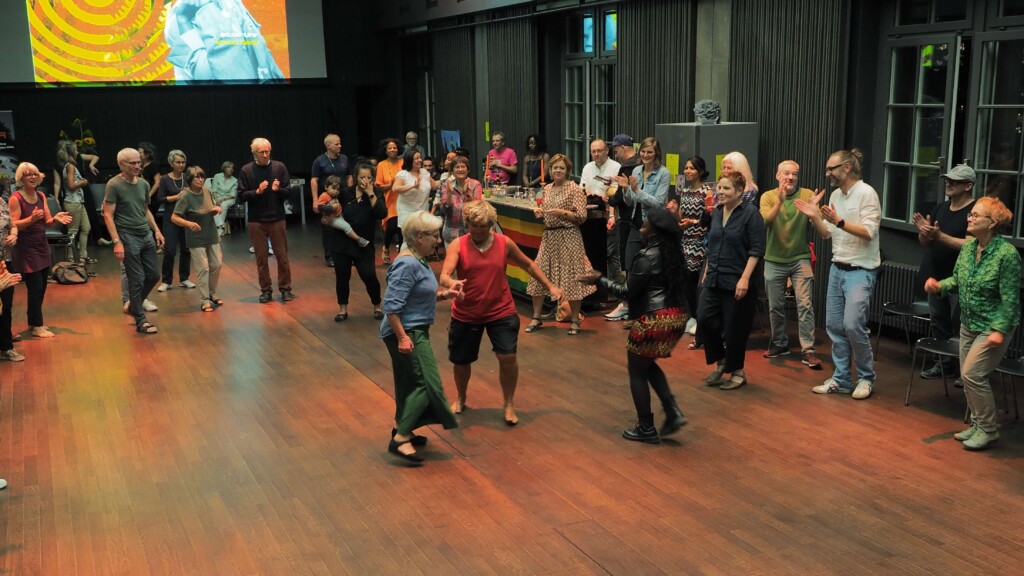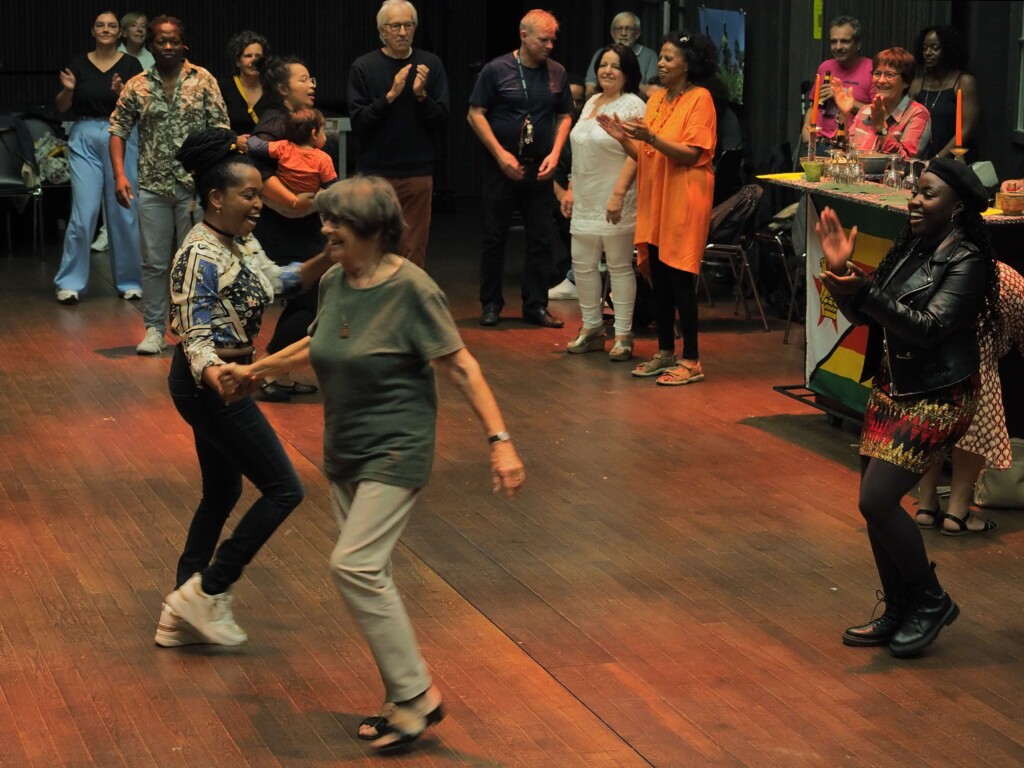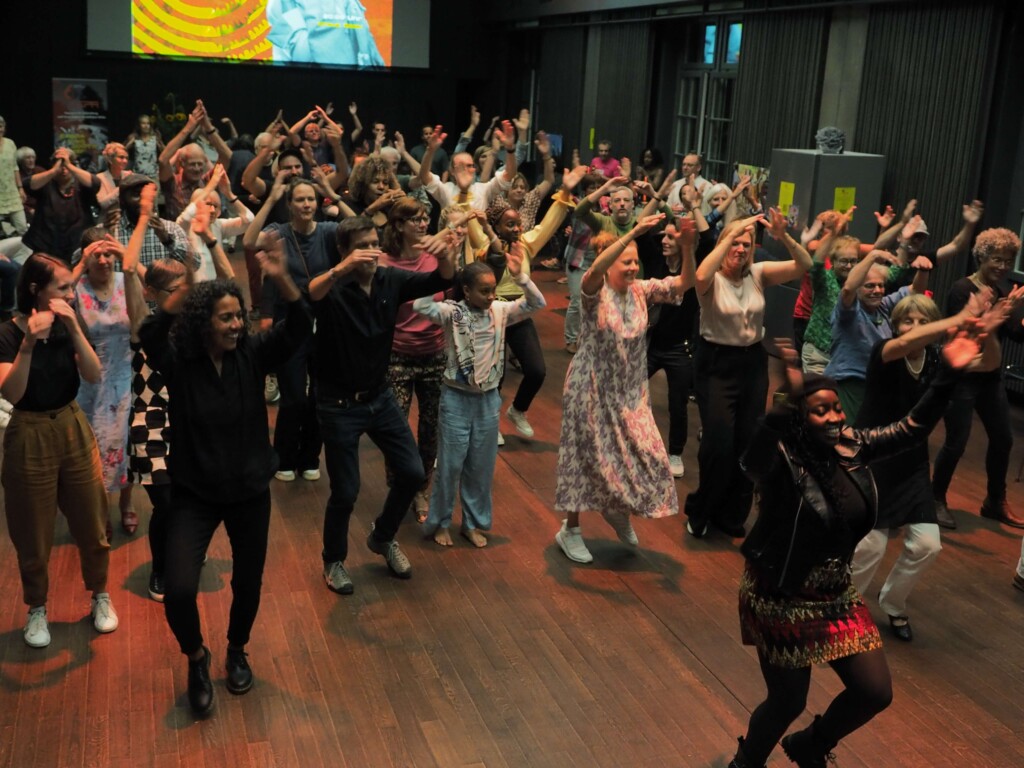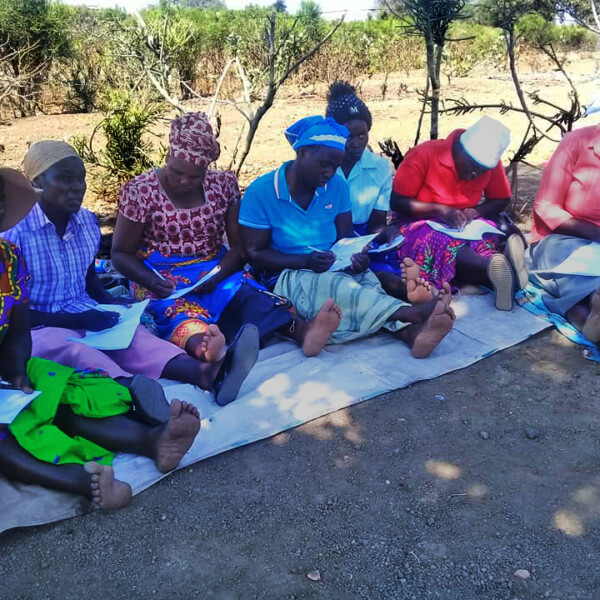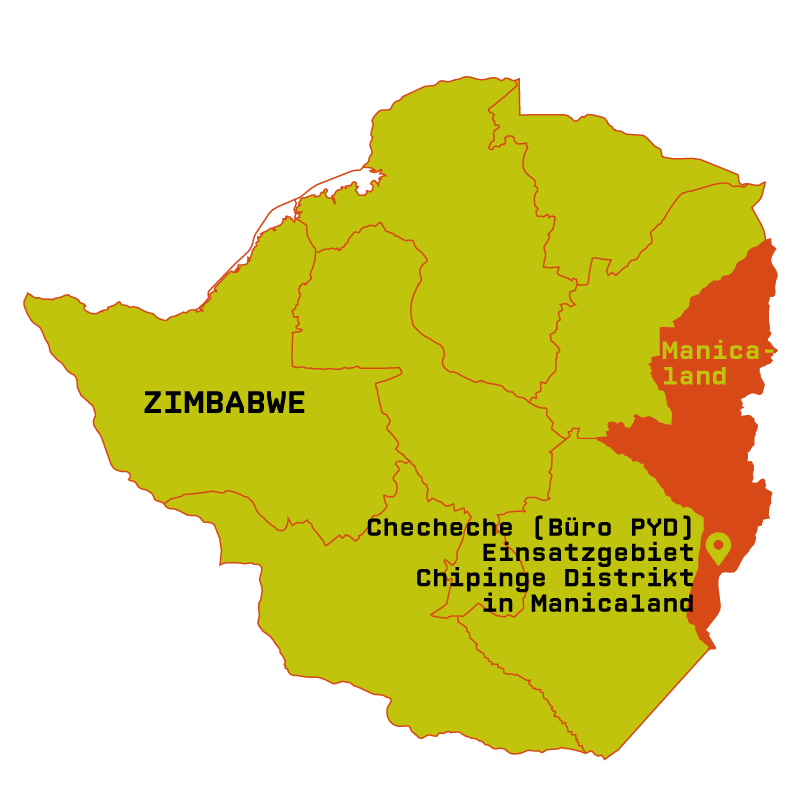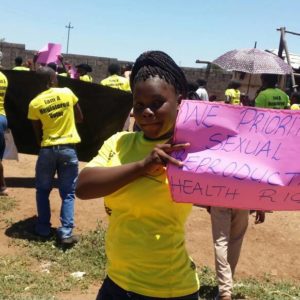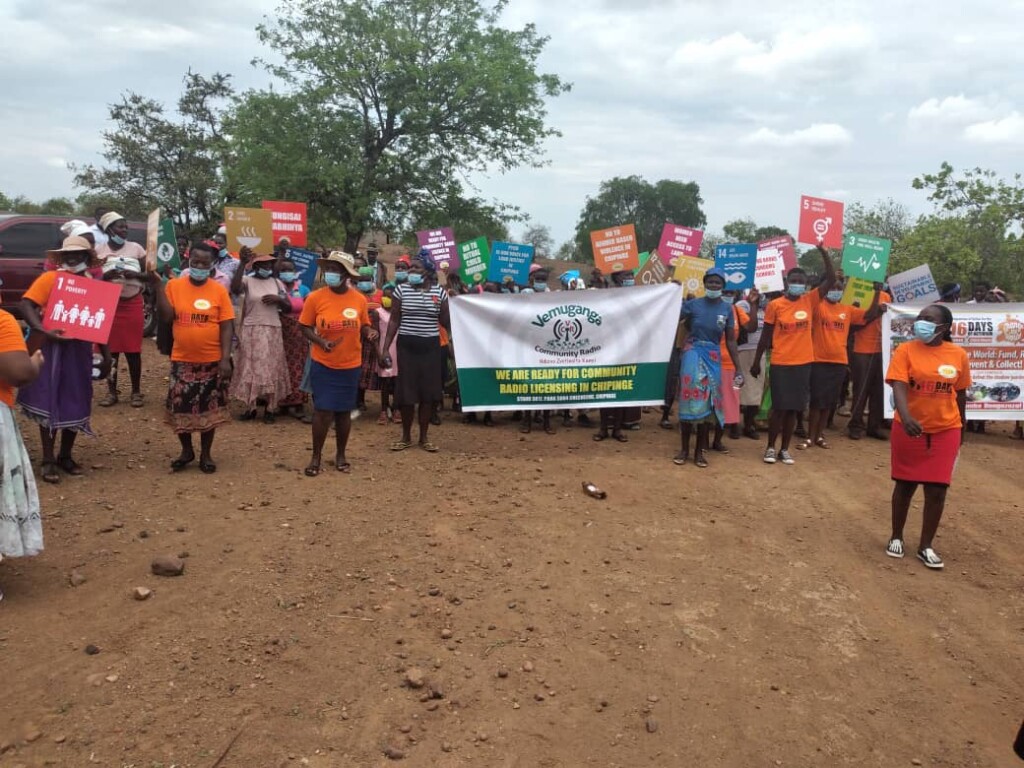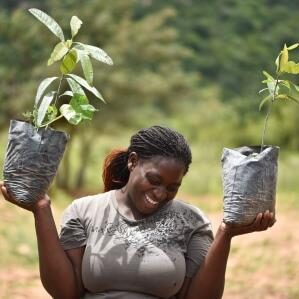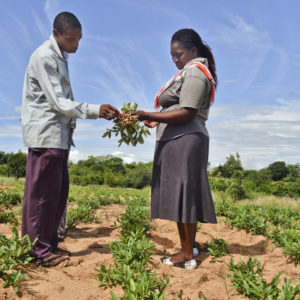2023: 60 years for justice
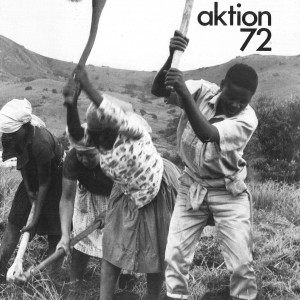
For many decades, fepa has celebrated its anniversaries on the basis of the 1963 statutes, which introduced independent general assemblies.
The impulse to found fepa came in 1959 when Hedwig Schneeberger, a teacher from Berne, heard about the establishment of community farms in what was then Rhodesia: Working together as equals, black and white pioneers created a future-oriented project for the development of the country in southern Africa.
Hedwig Schneeberger was fully committed to financially supporting these anti-racist projects, which challenged the Rhodesian government and the ideology of white supremacy with a genuine partnership approach. Schneeberger found support from like-minded people so that fepa could be founded in 1963, incidentally with the active support of the “refugee mother” Gertrud Kurtz of the Christian Peace Service as well as the Bernese Teachers’ Association.
In the early 1960s, when the majority of African states gained independence from the former colonial powers, too many Swiss still sympathised with the white settler societies that were resisting a change in their political domination. In this environment, fepa’s stance was progressive and courageous. Elements that still characterise fepa today were already present then:
- The fundamental view of human rights and democracy, against racism and racial discrimination as a prerequisite for development.
- Development policy commitment both in Africa and Switzerland.
- The principle of equal partnership and mutual respect.
- The support for initiatives of committed people on the ground.
- The geographical focus on Southern Africa and in particular on Rhodesia and Zimbabwe.
- The key role of women in fepa’s work.
Zimbabwe has remained the focal country of our projects 60 years after fepa was founded. fepa has closely accompanied its partners through the turbulence of recent years. Furthermore, fepa worked in Tanzania and is still active in South Africa and Moçambique.
Via our partner organisations in what was then Rhodesia, first contacts were made in the 1960s with the emerging farmer cooperative movement in Tanzania, which soon caused a developmental furore under the name “Ujamaa”. In Tanzania’s Ruvuma District, fepa supported this grassroots initiative, which was bureaucratised as a state doctrine at the end of the 1960s. For many years fepa then worked with the state-initiated Community Development Trust Fund (CDTF).
fepa’s involvement in South Africa began in 1966 with the support of projects by “Treeman” Mazibuko, a pioneer of organic farming. Other fepa partners in South Africa were Rommel Roberts’ Hilltop Empowerment Centre in the Eastern Cape and the Mdantsane Peace Project.
For some years fepa was also active in Moçambique. In 2004, former members of the association Solidarity with Moçambique approached fepa with a proposal for cooperation in the field of malaria prevention in the province of Cabo Delgado on the border with Tanzania.
Further Information
Brochure on our 50 year jubilee.
